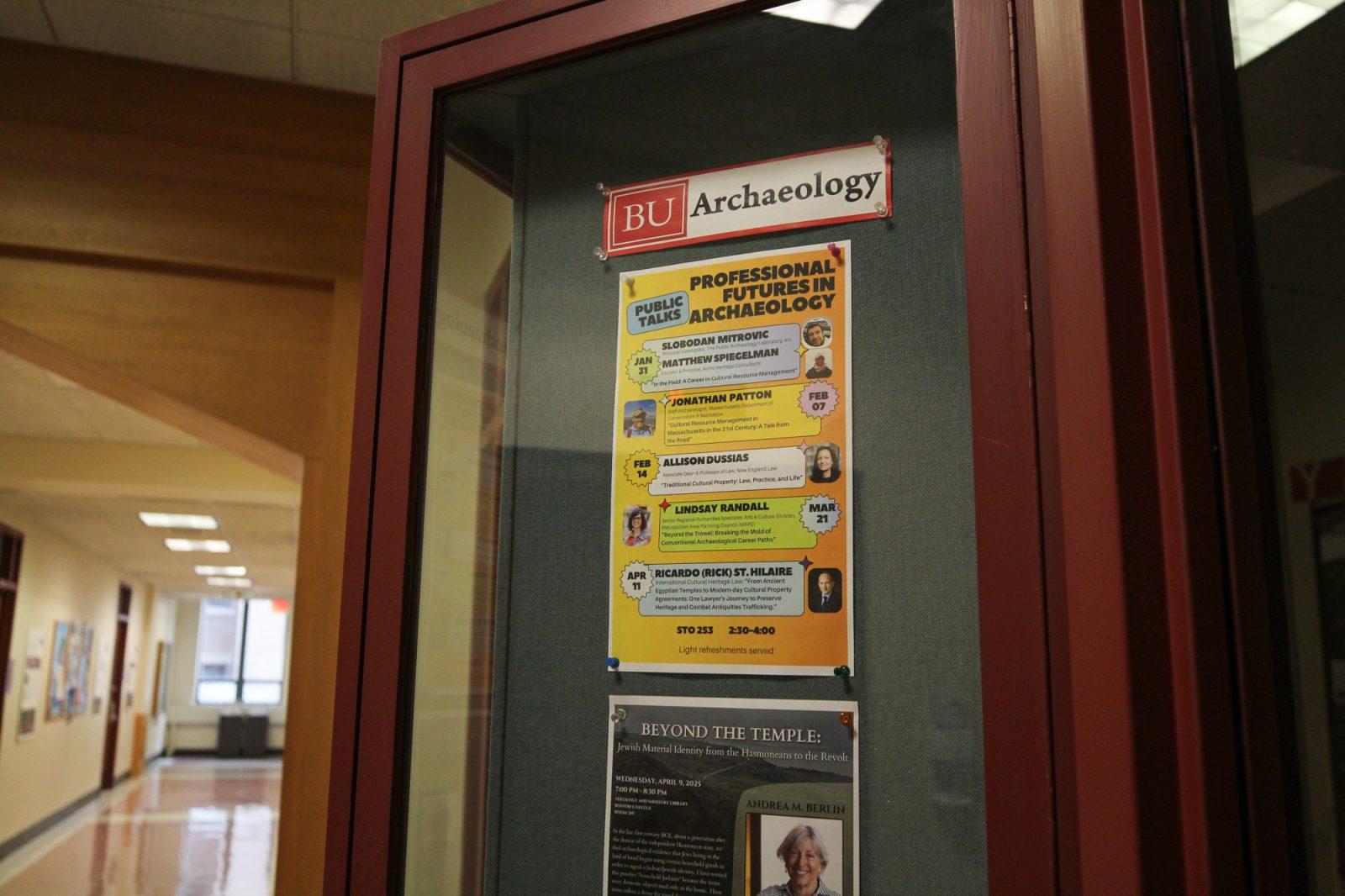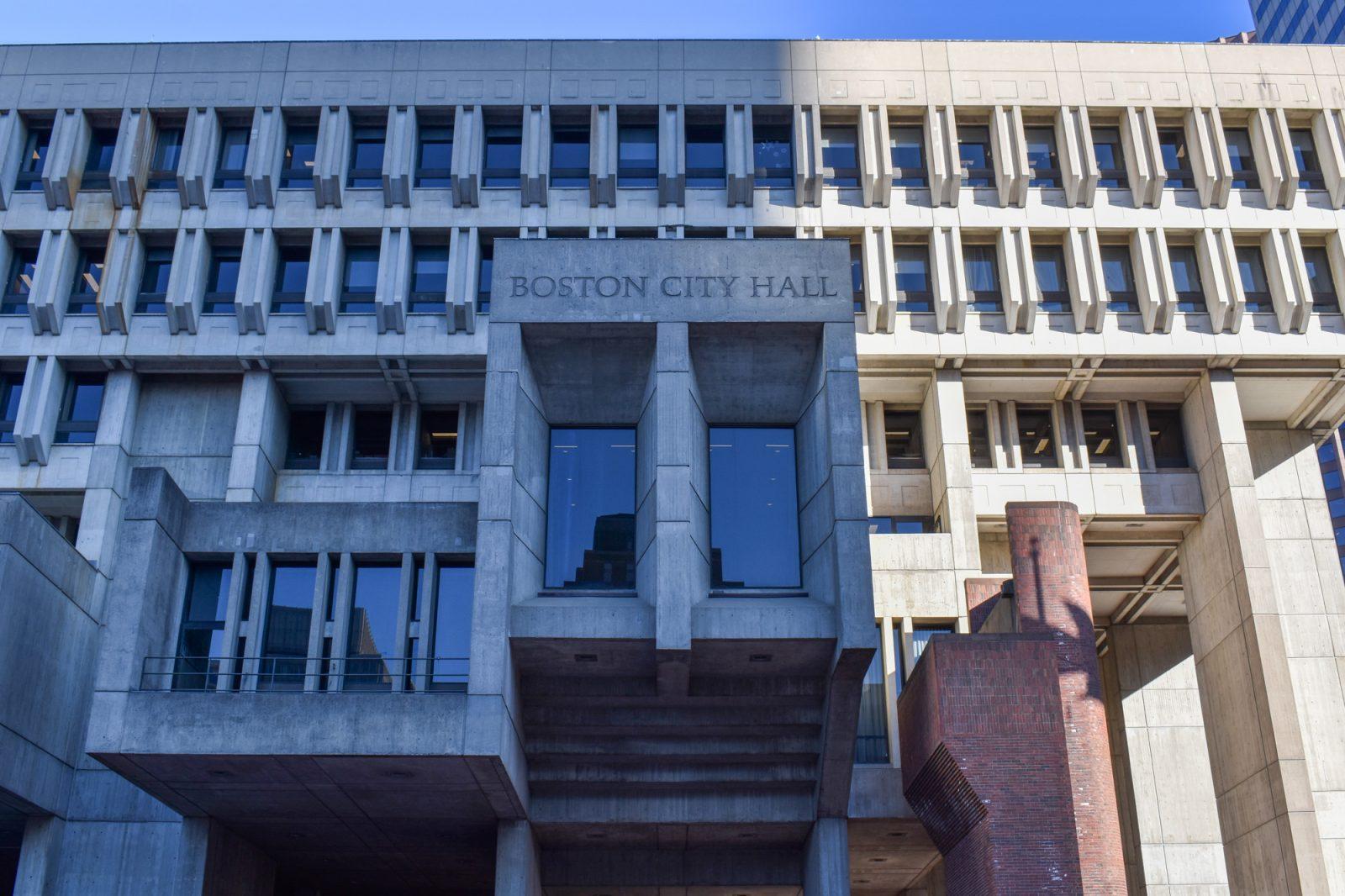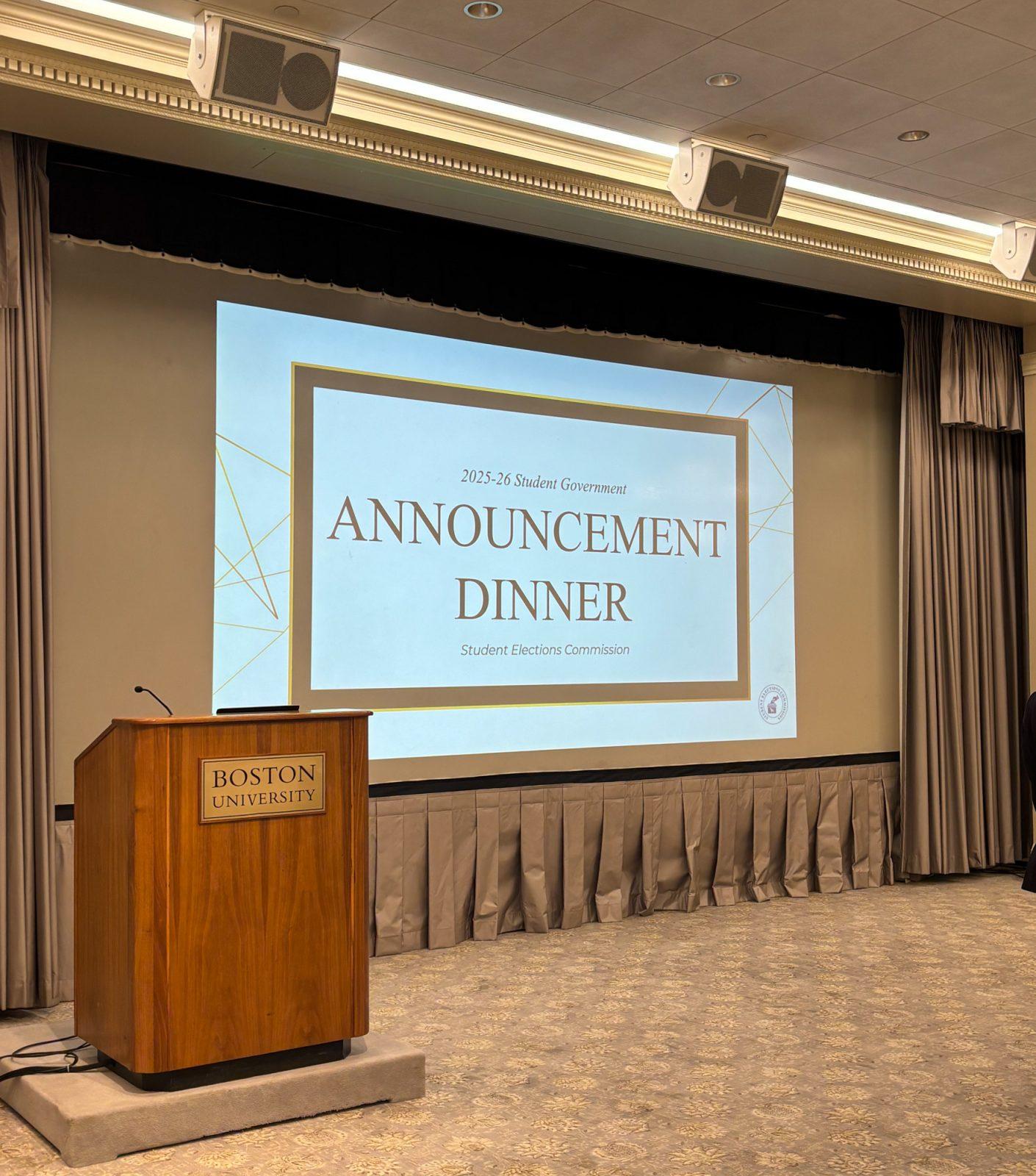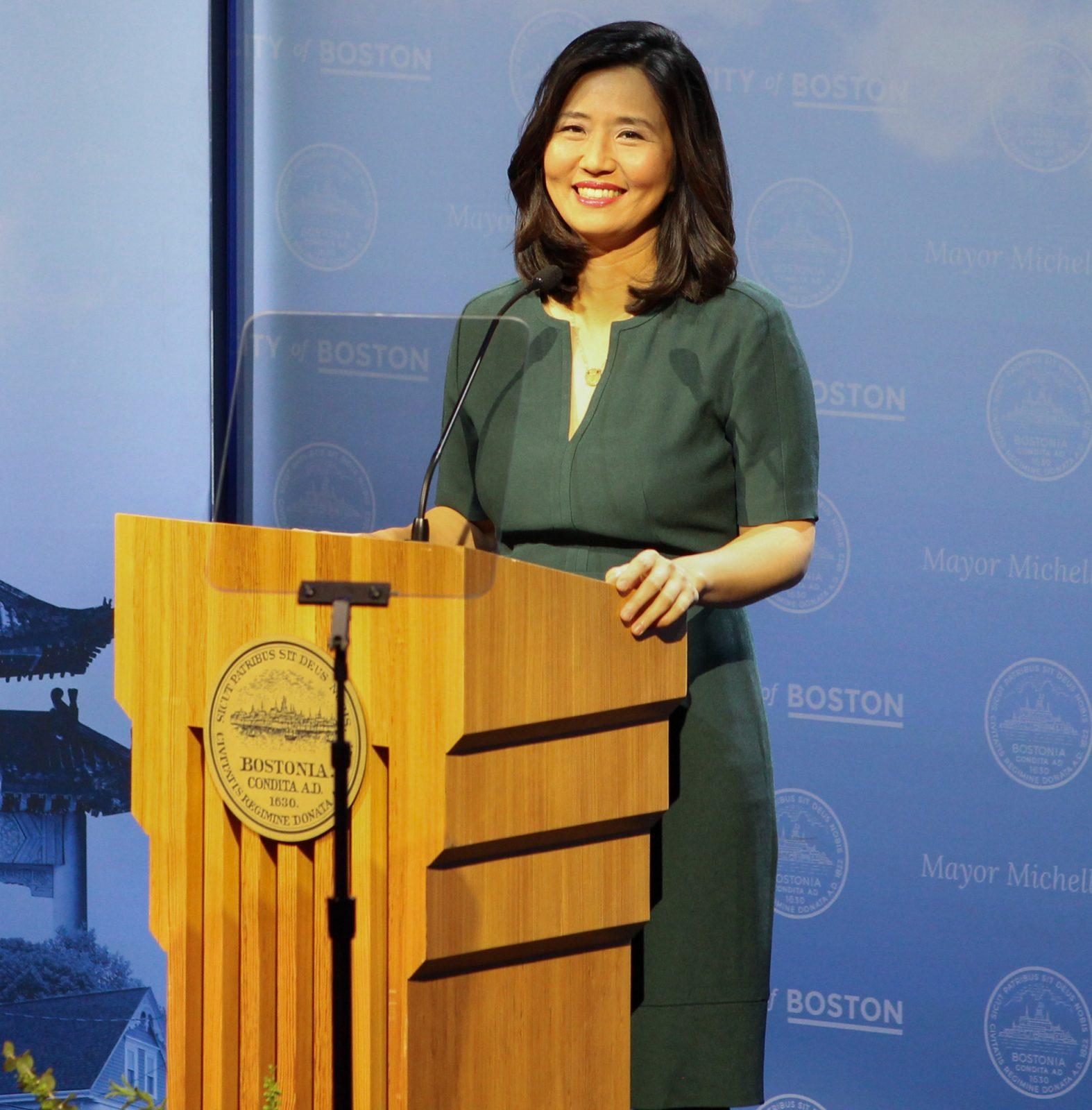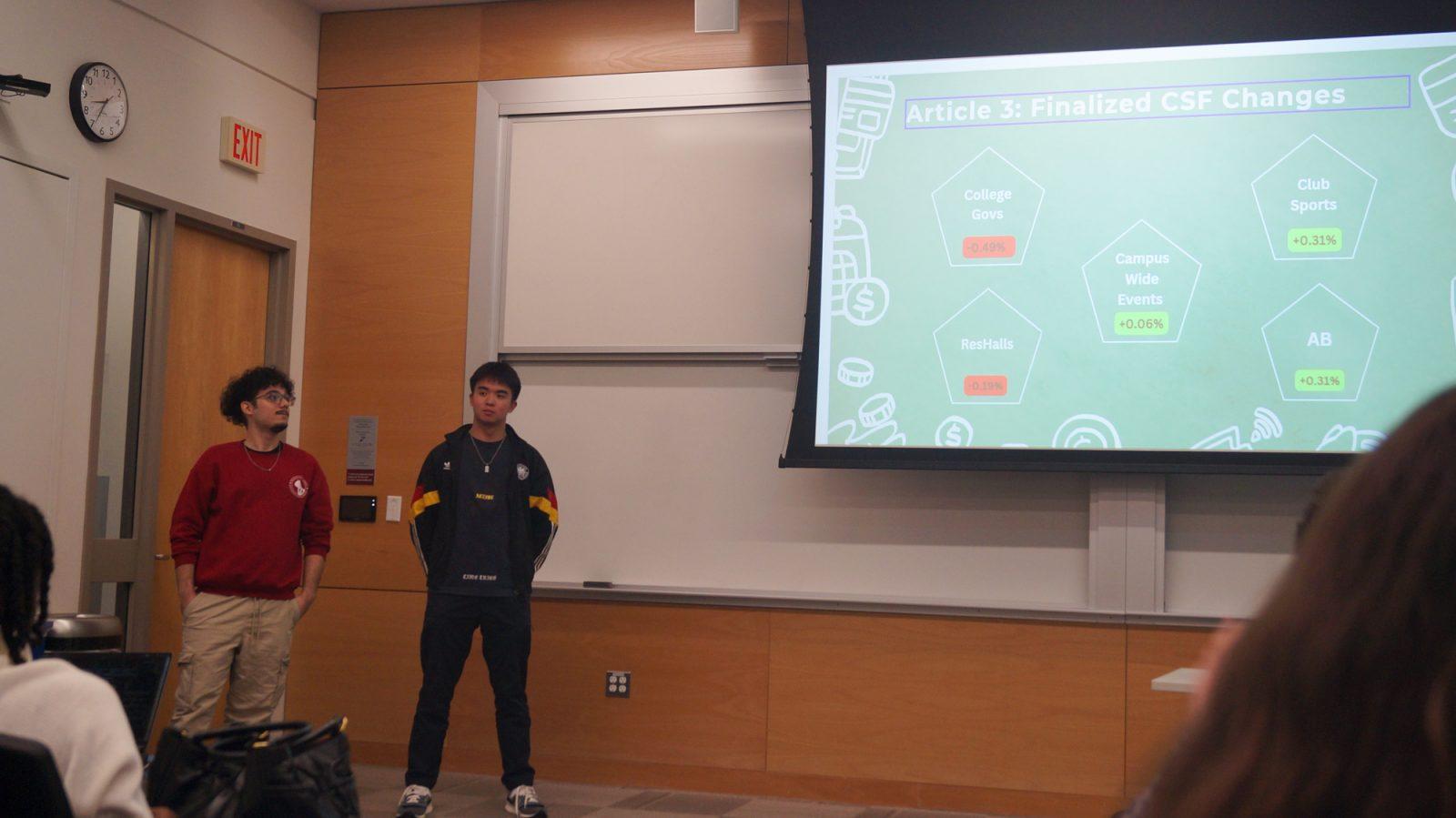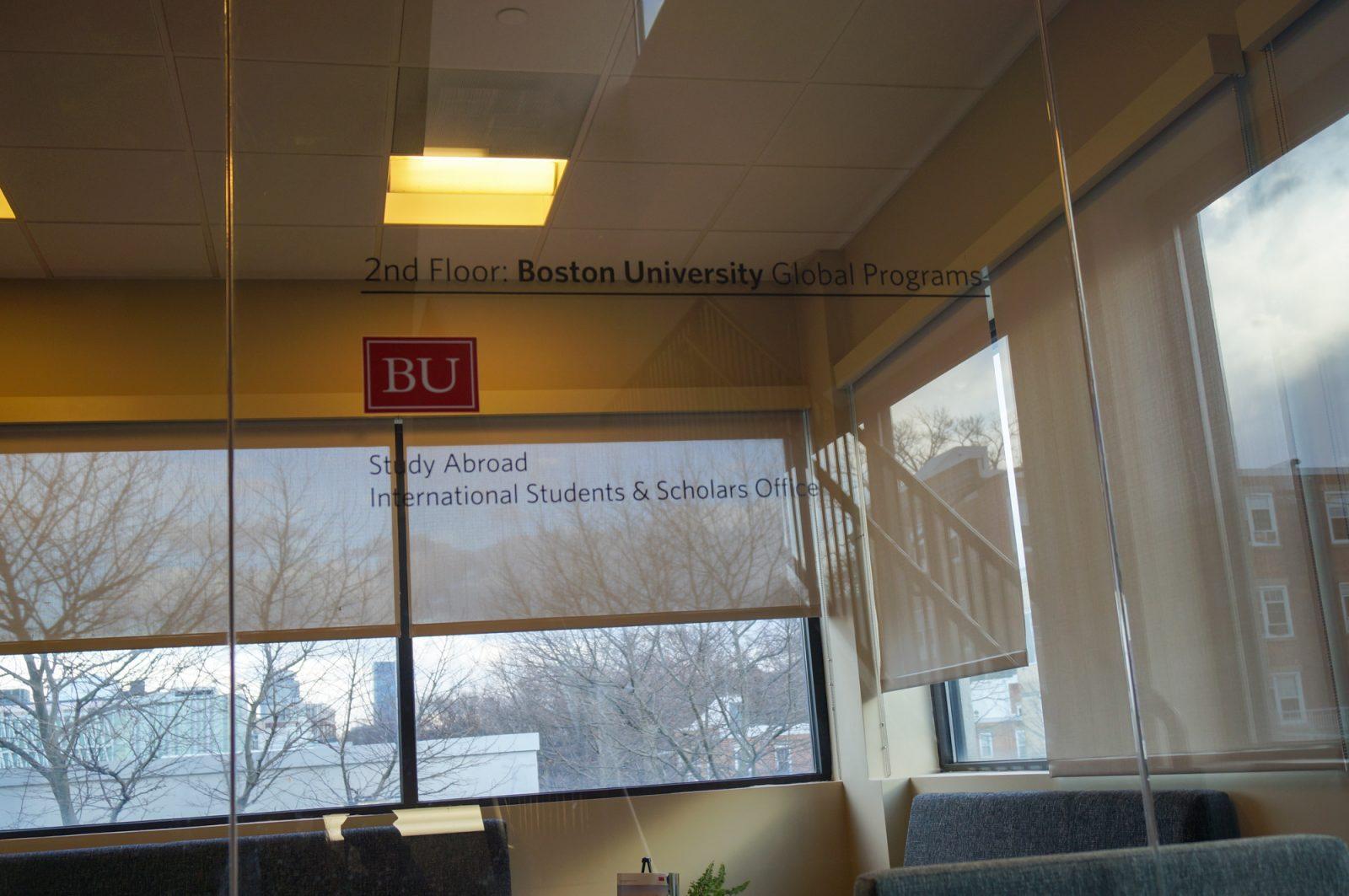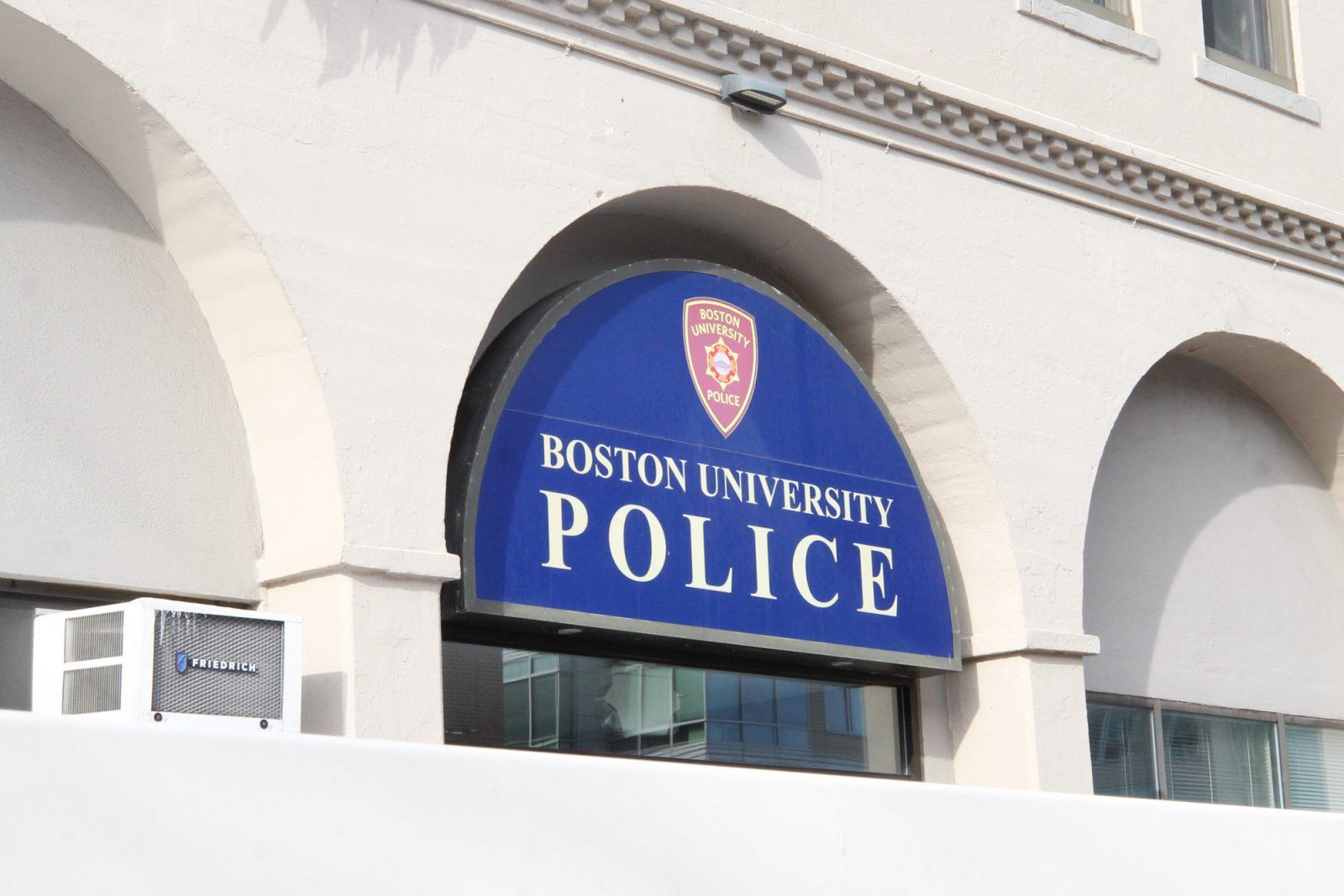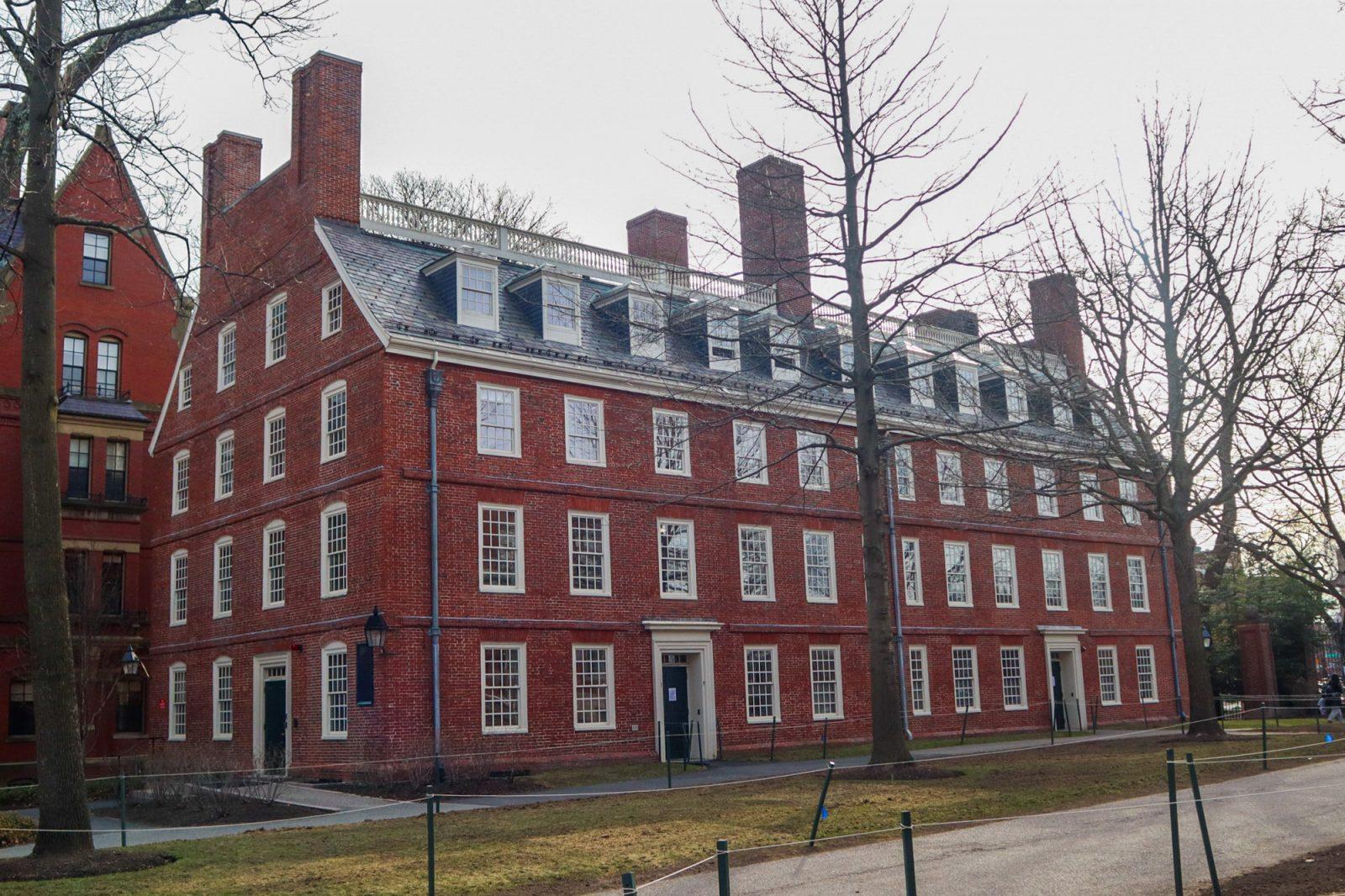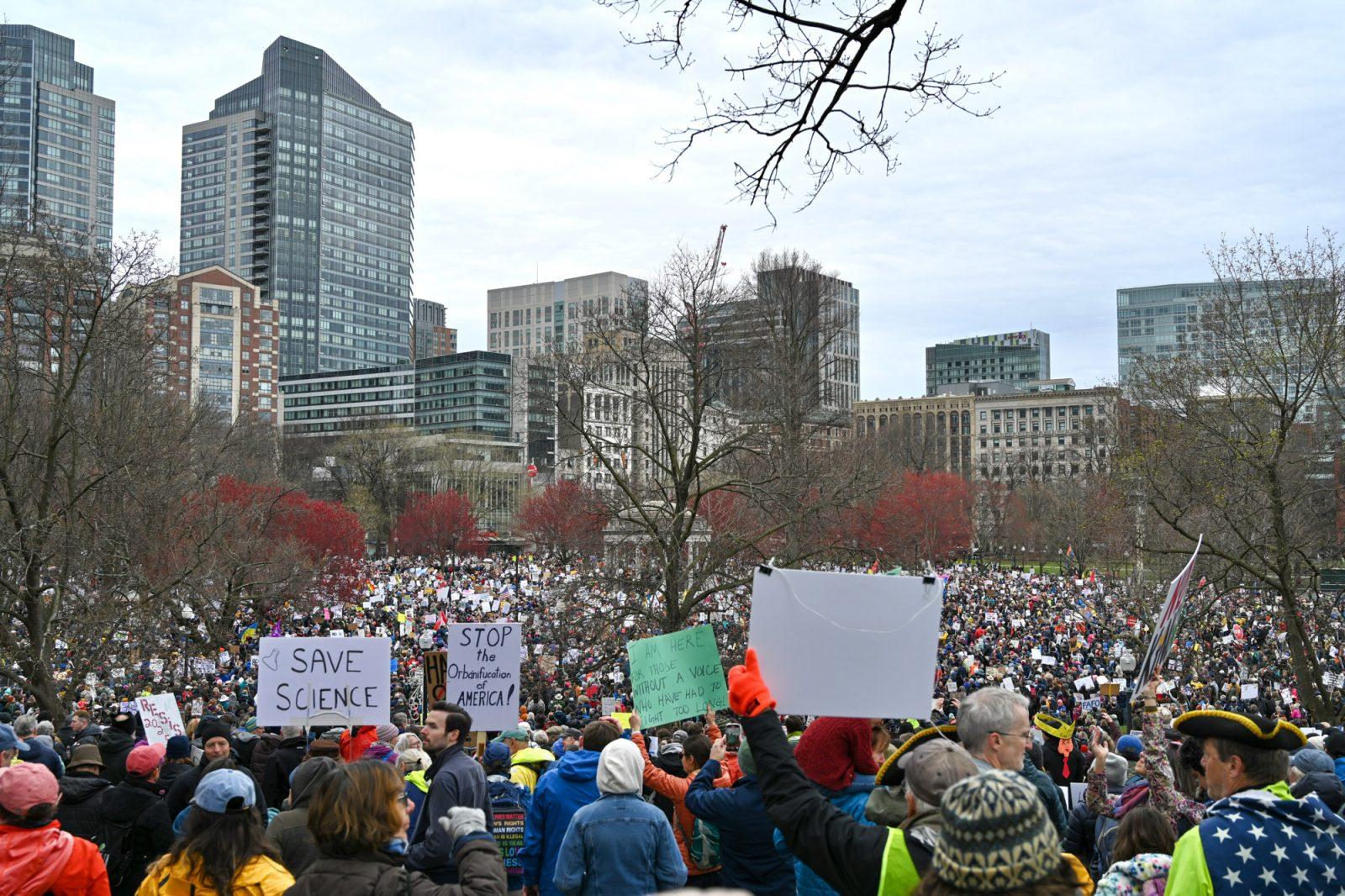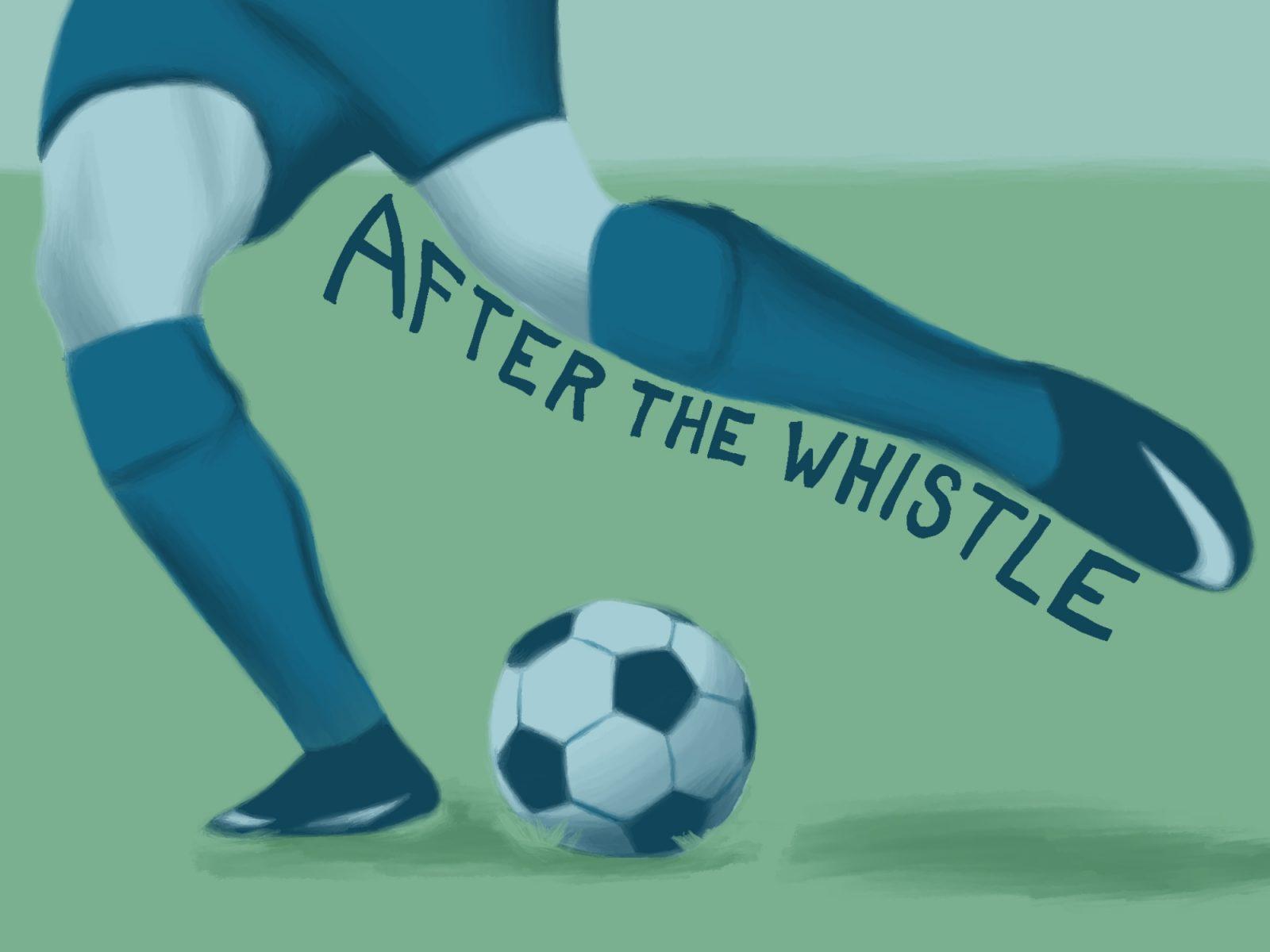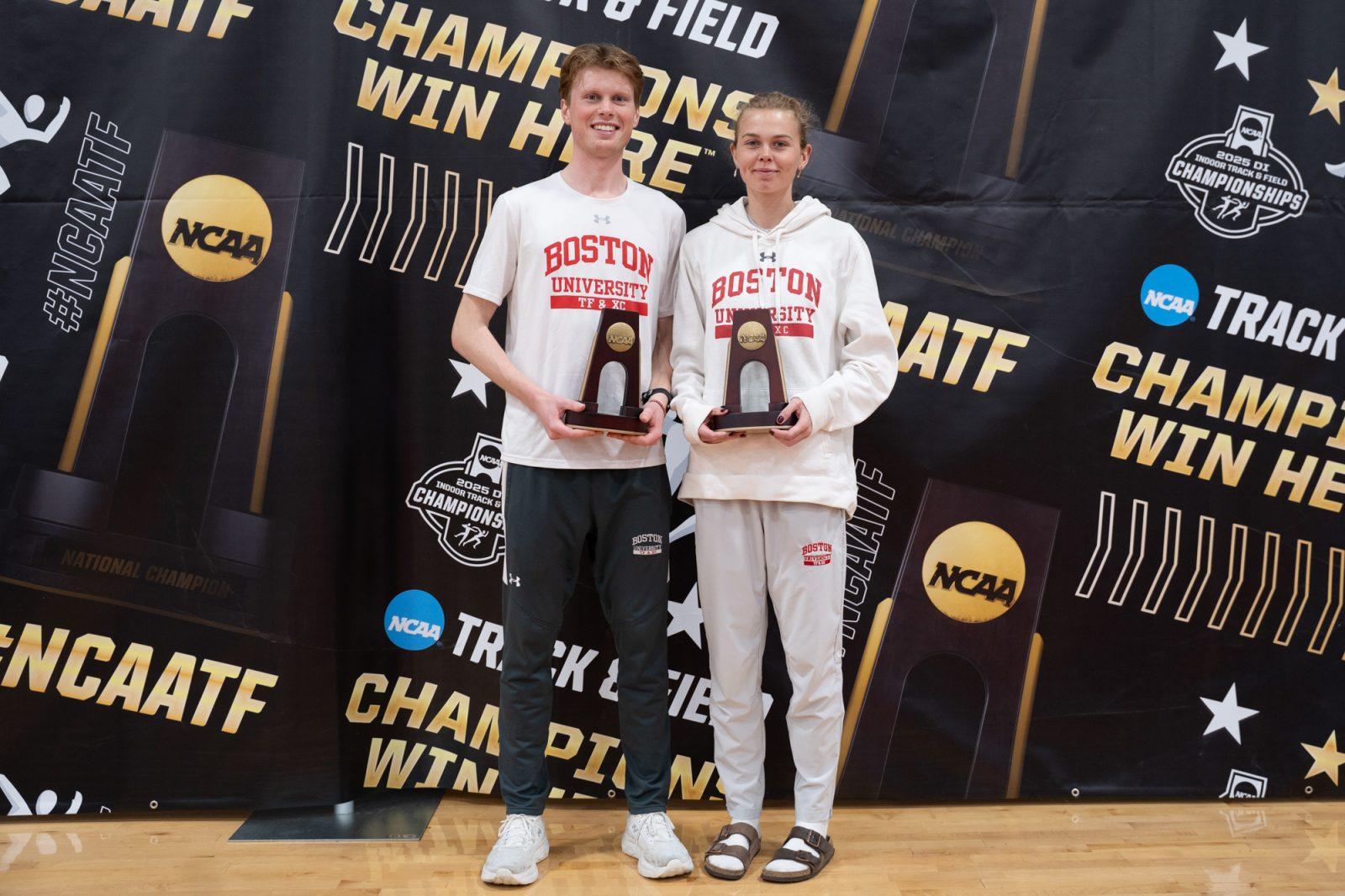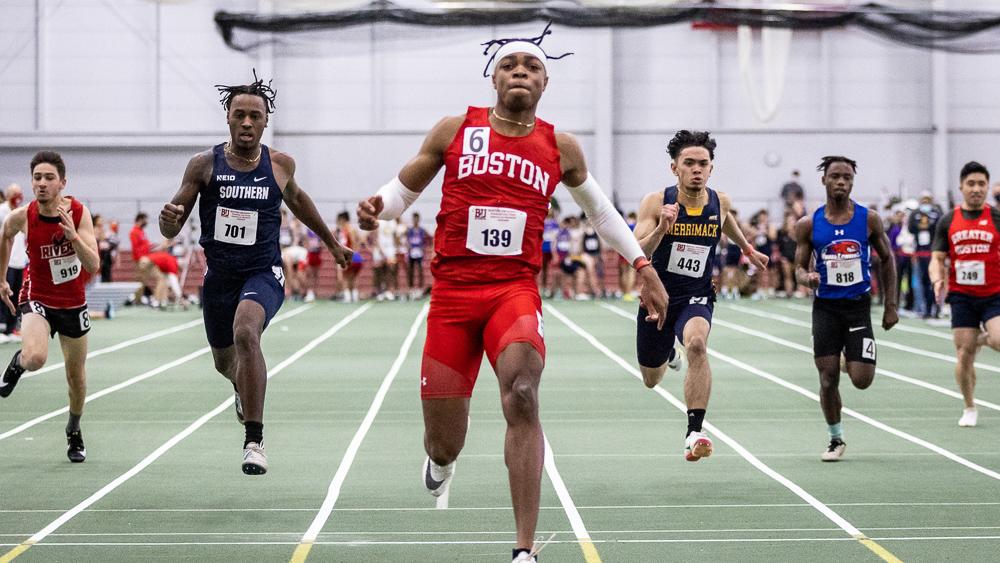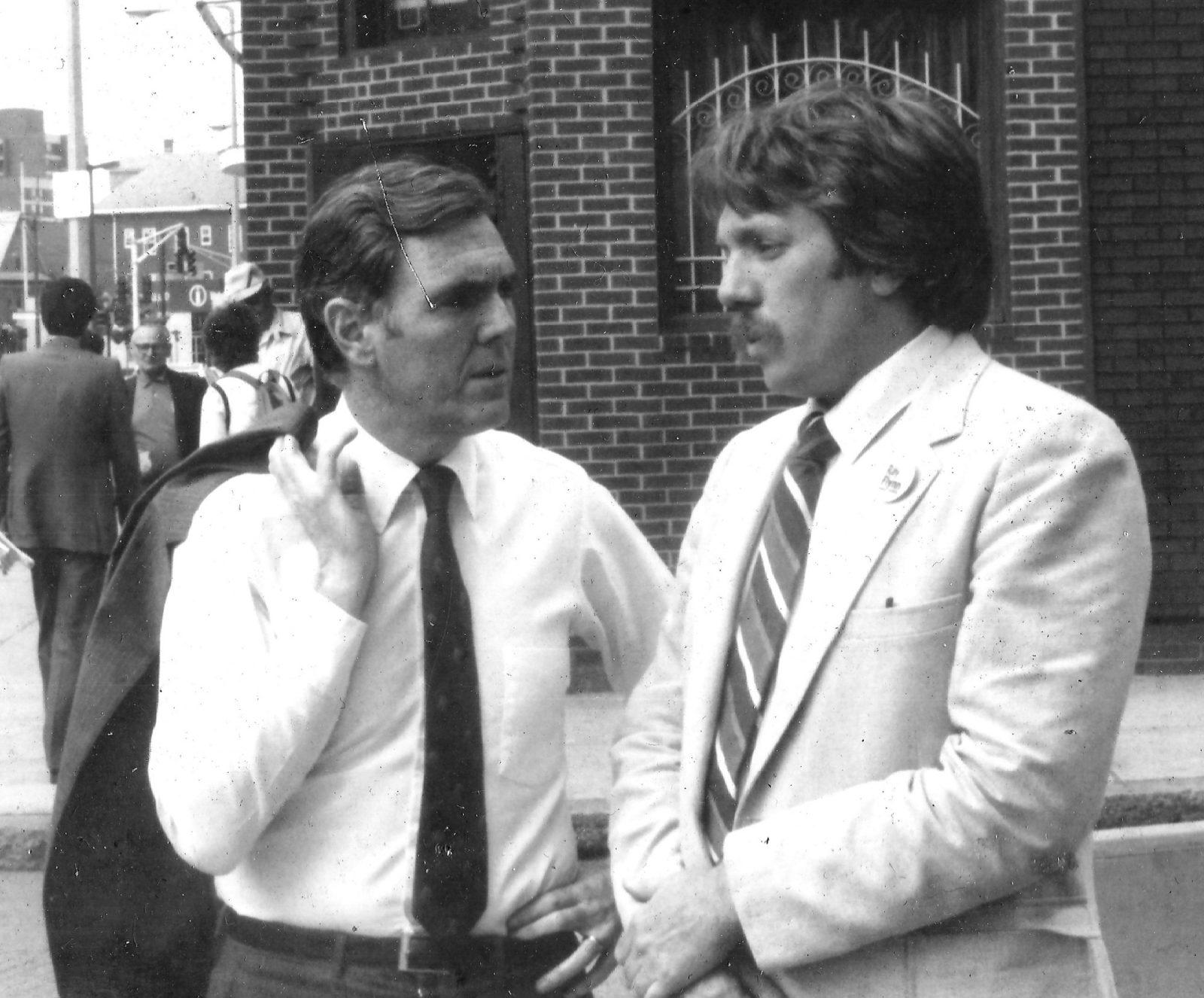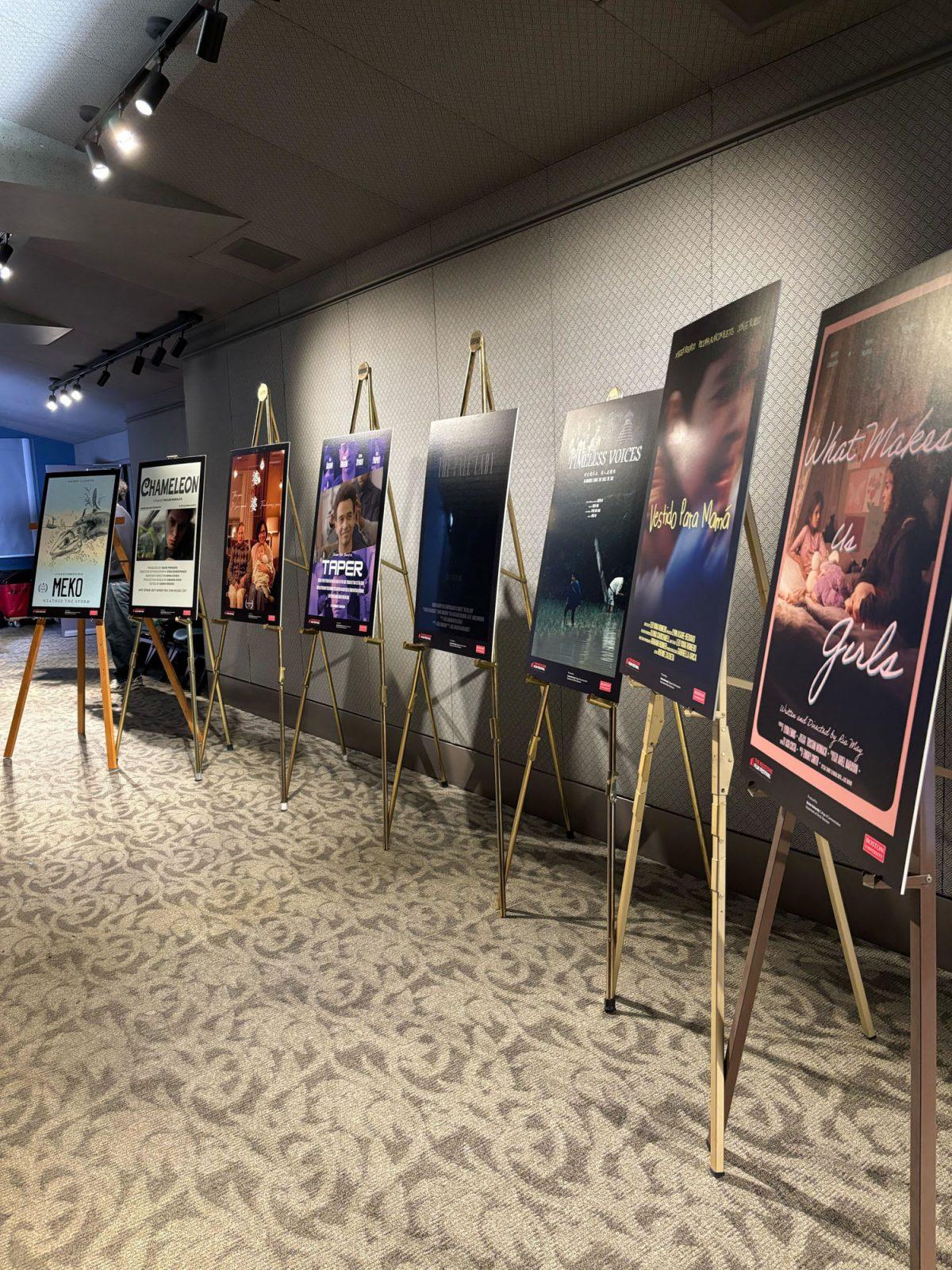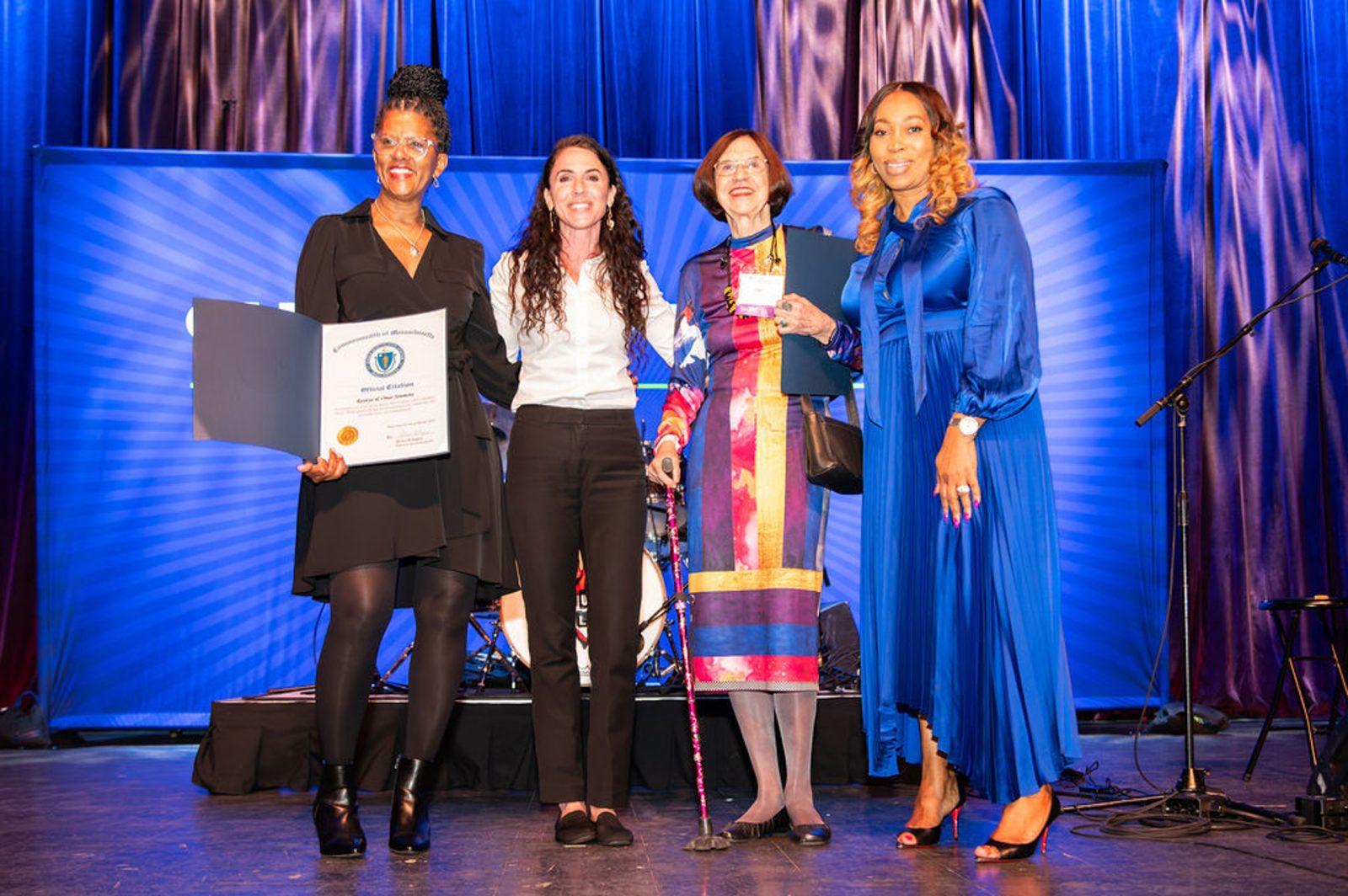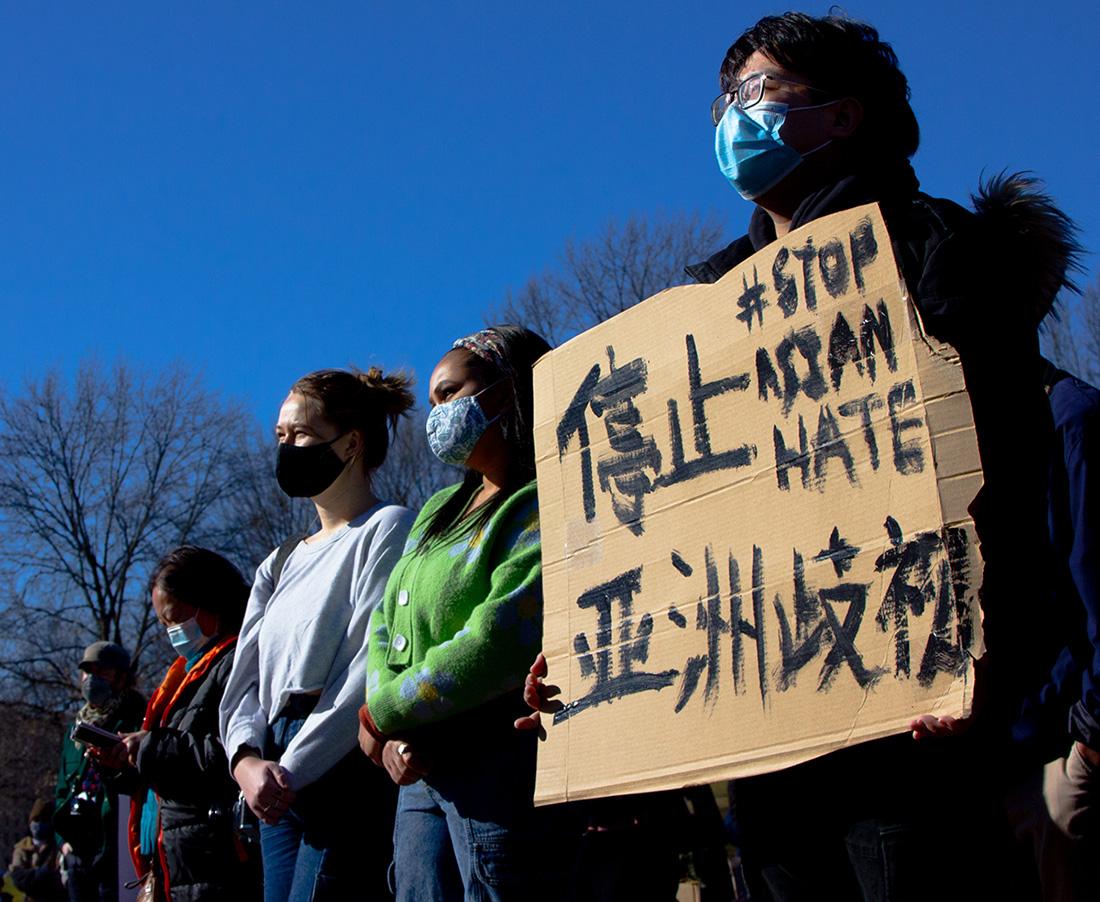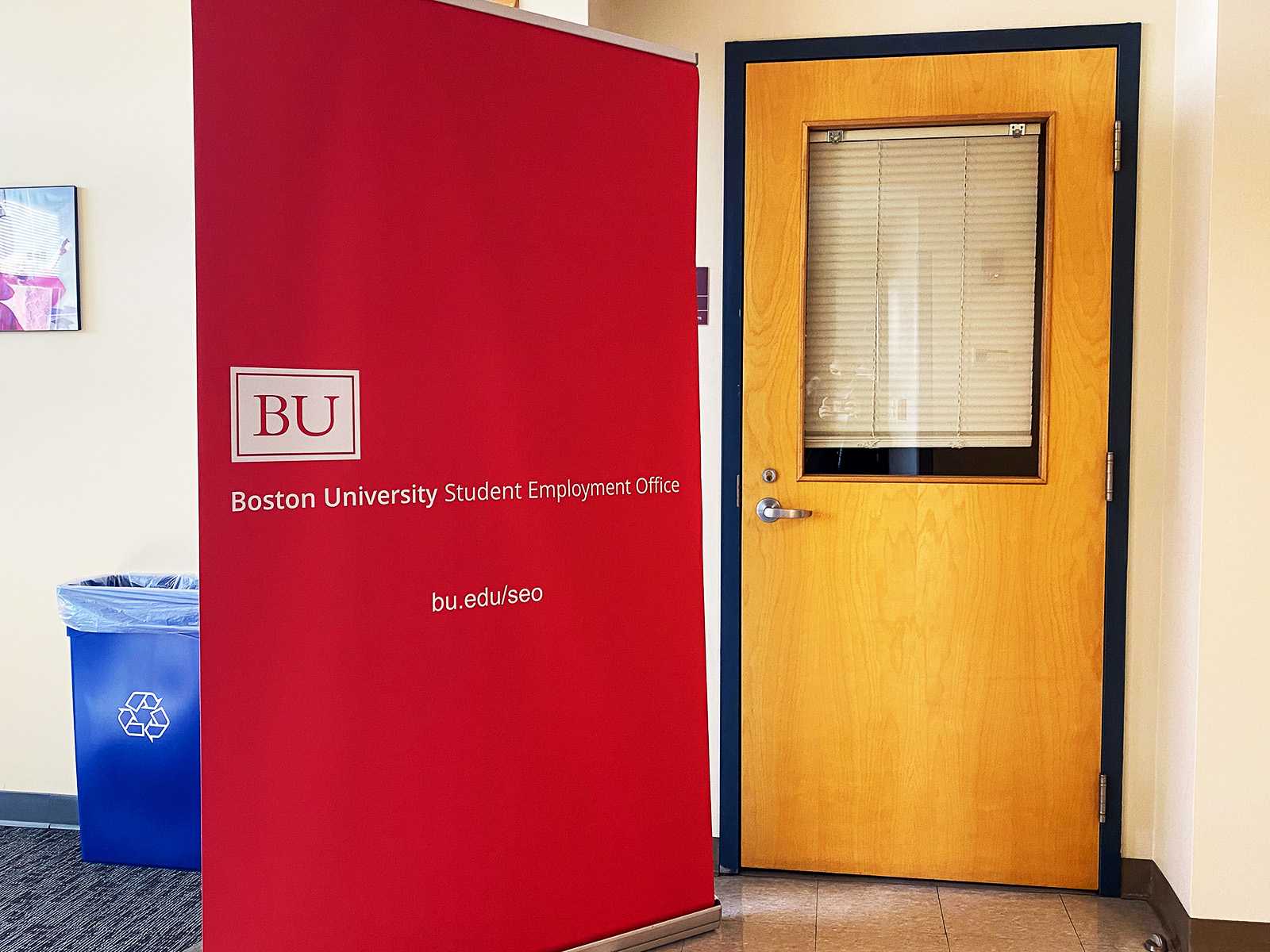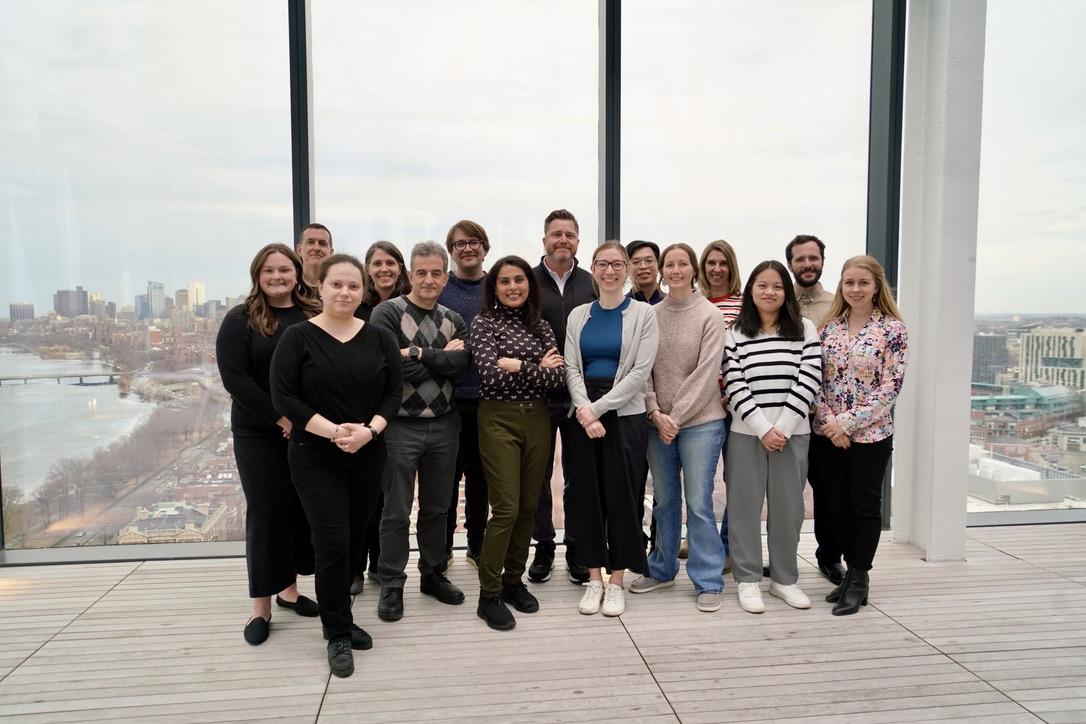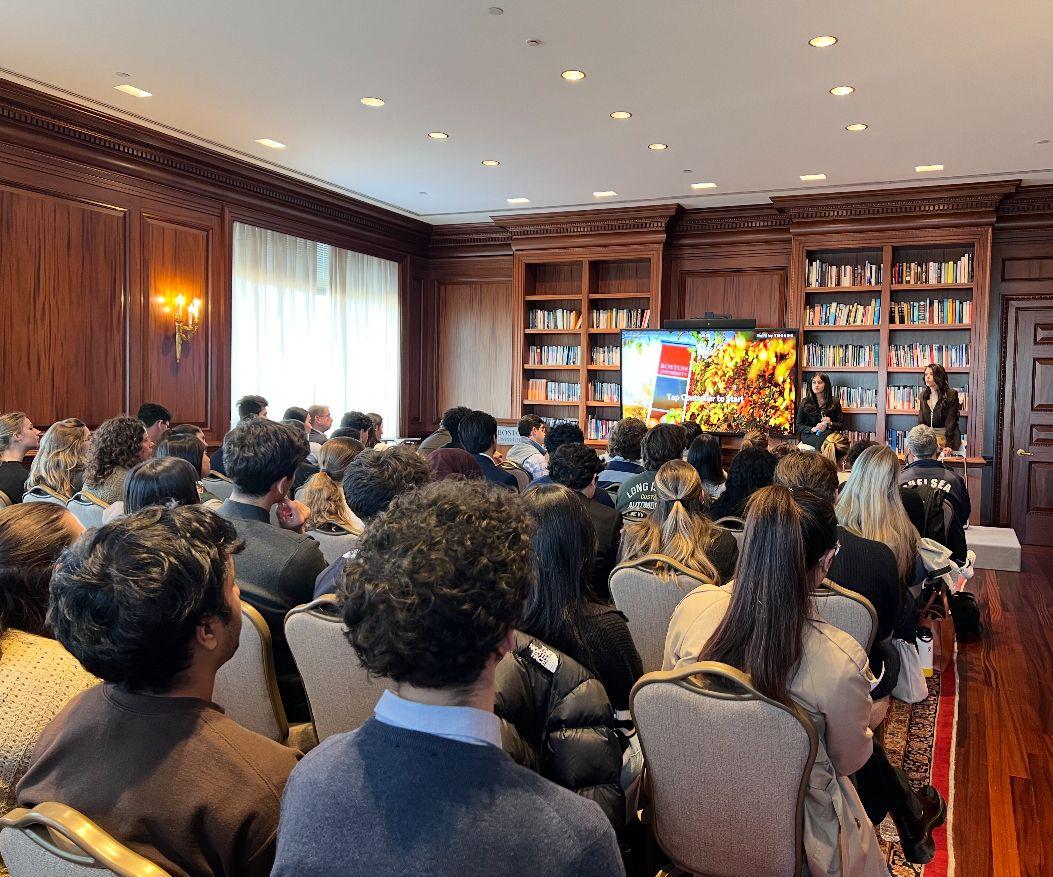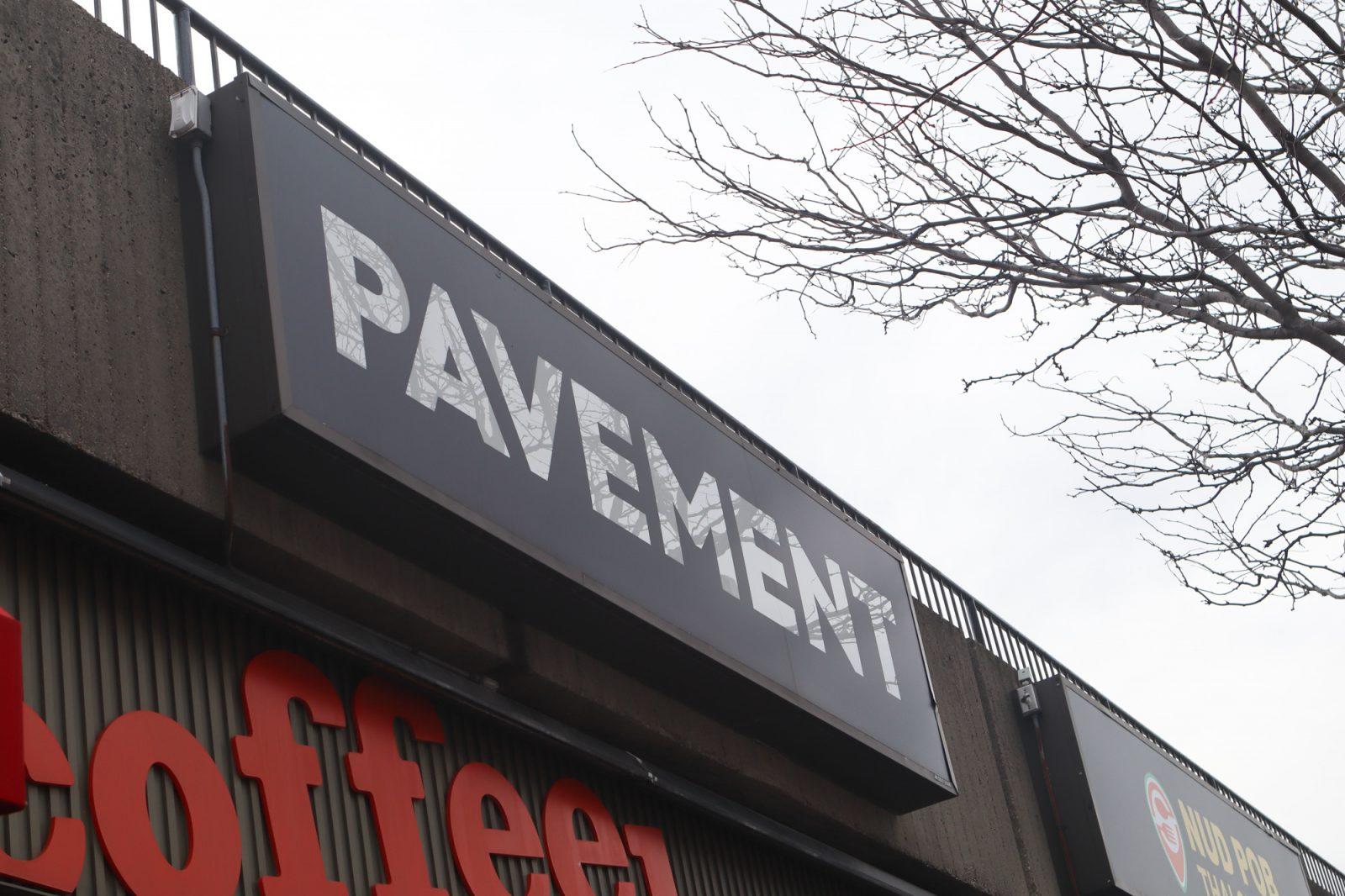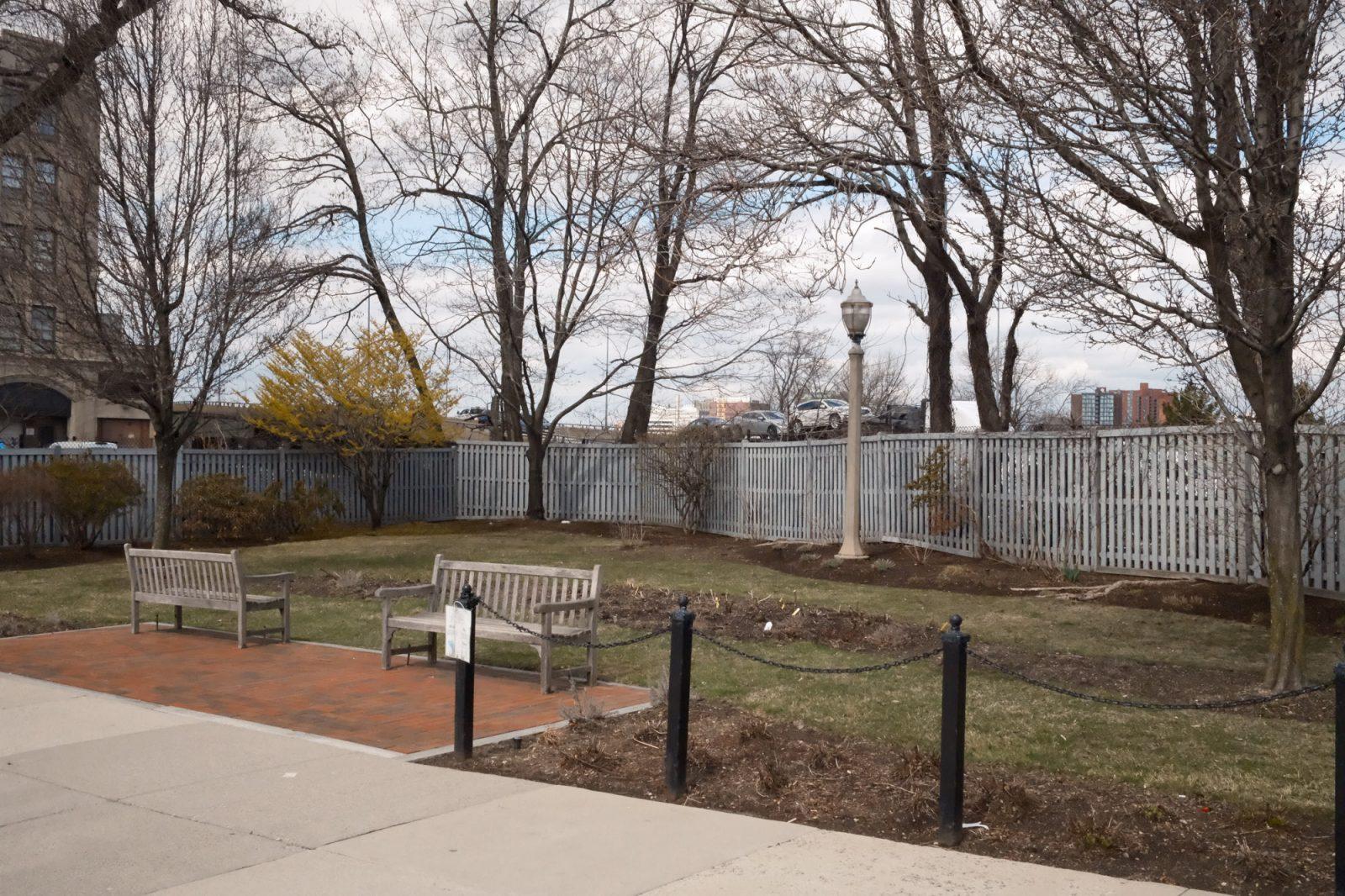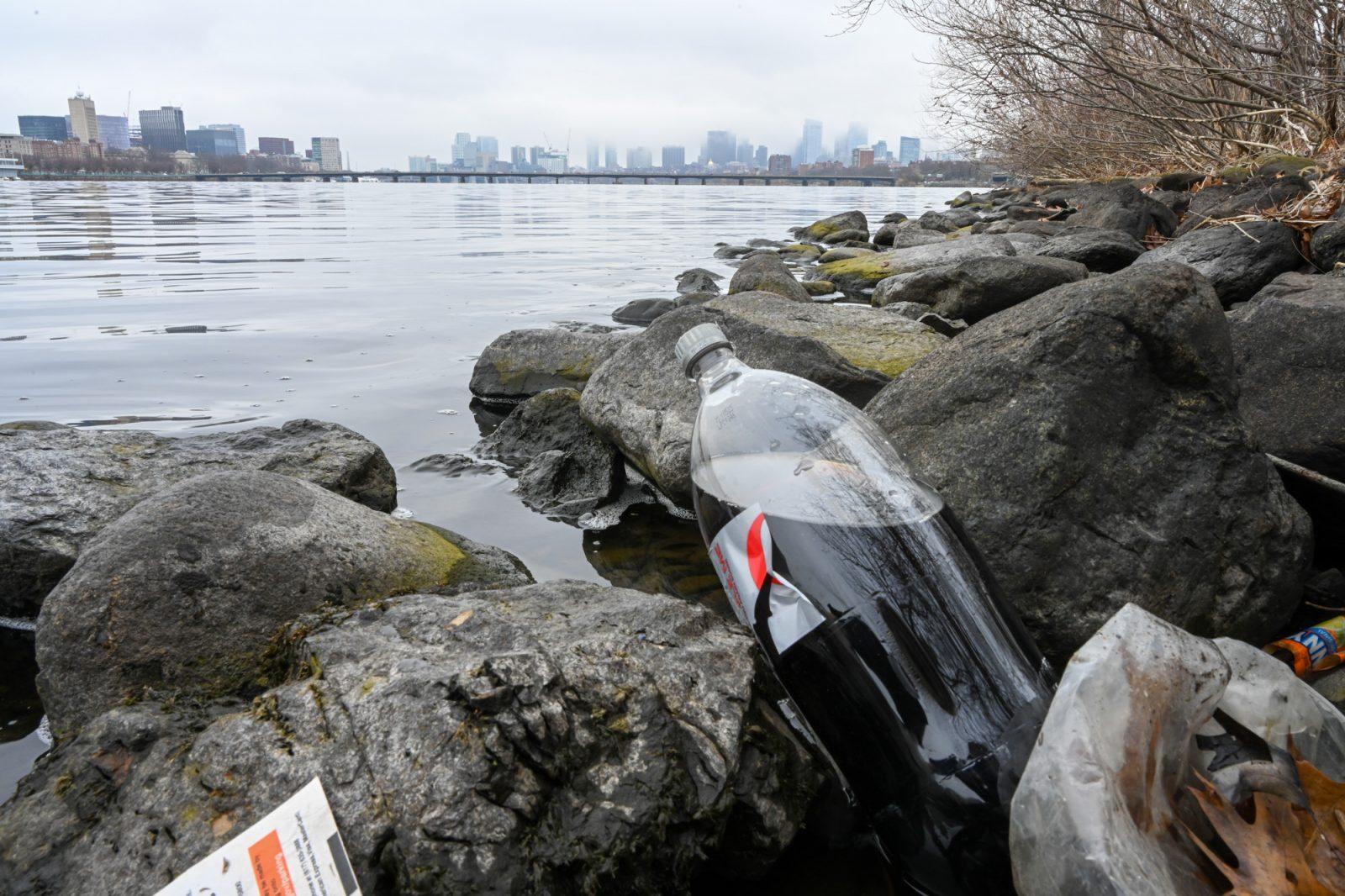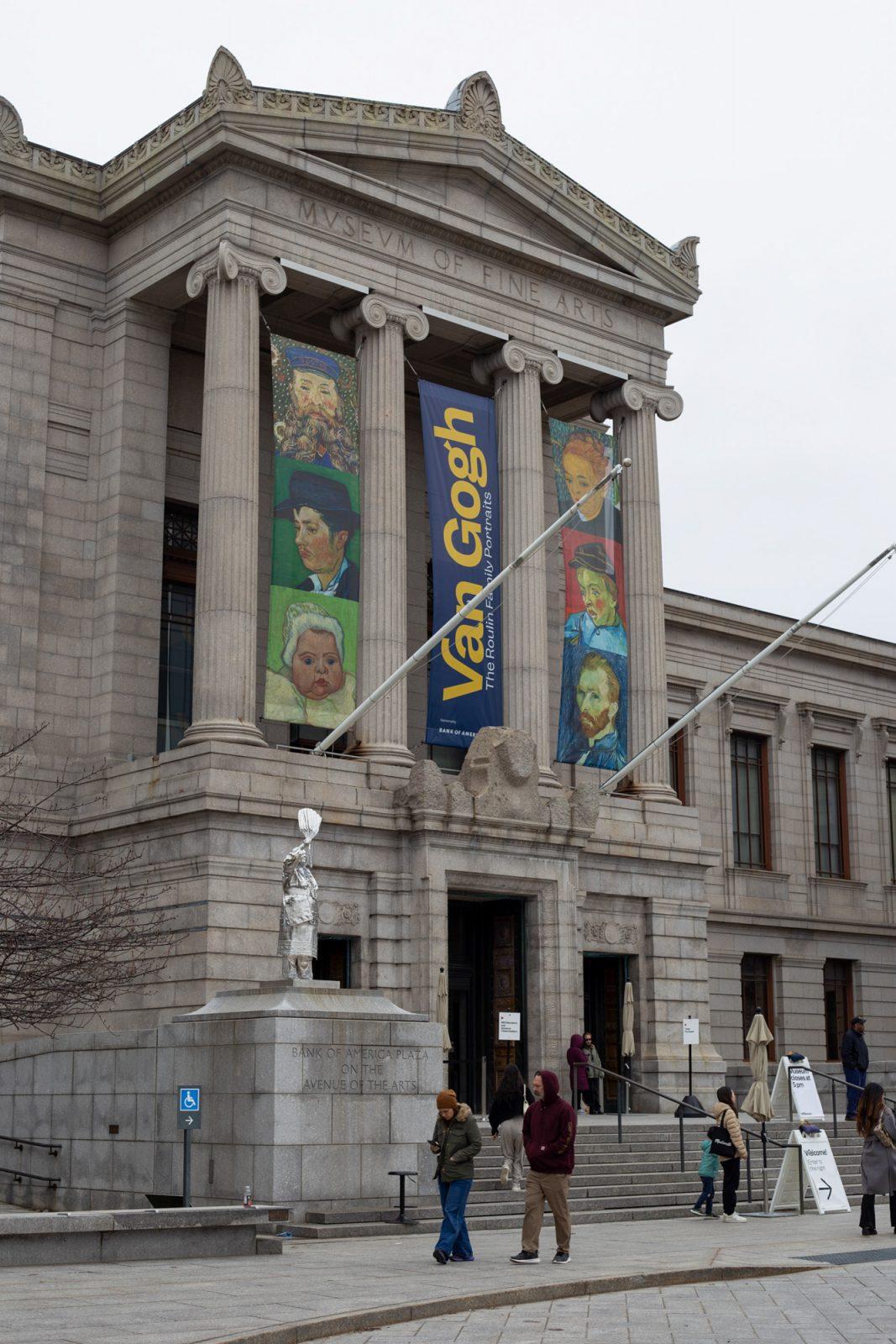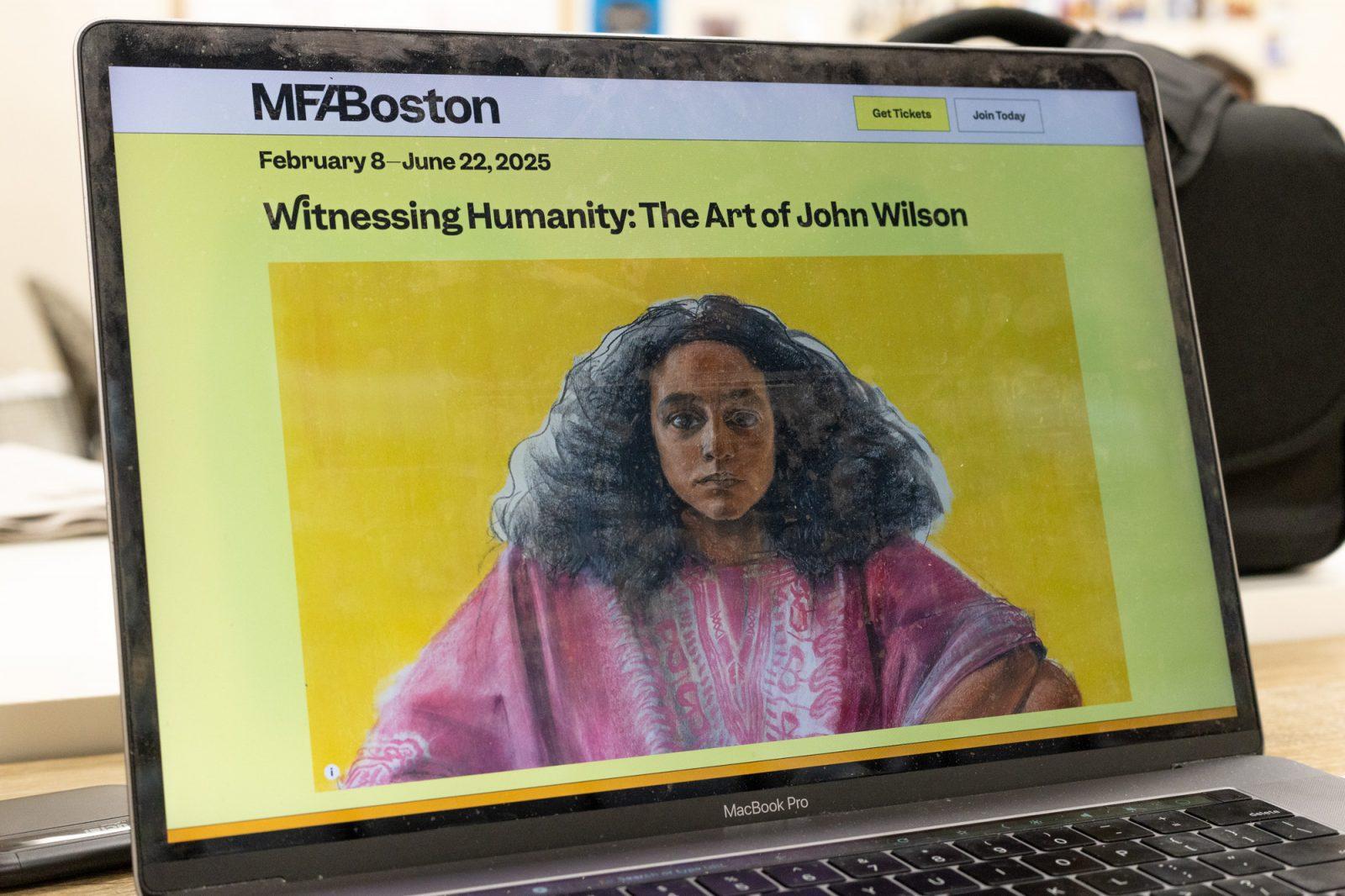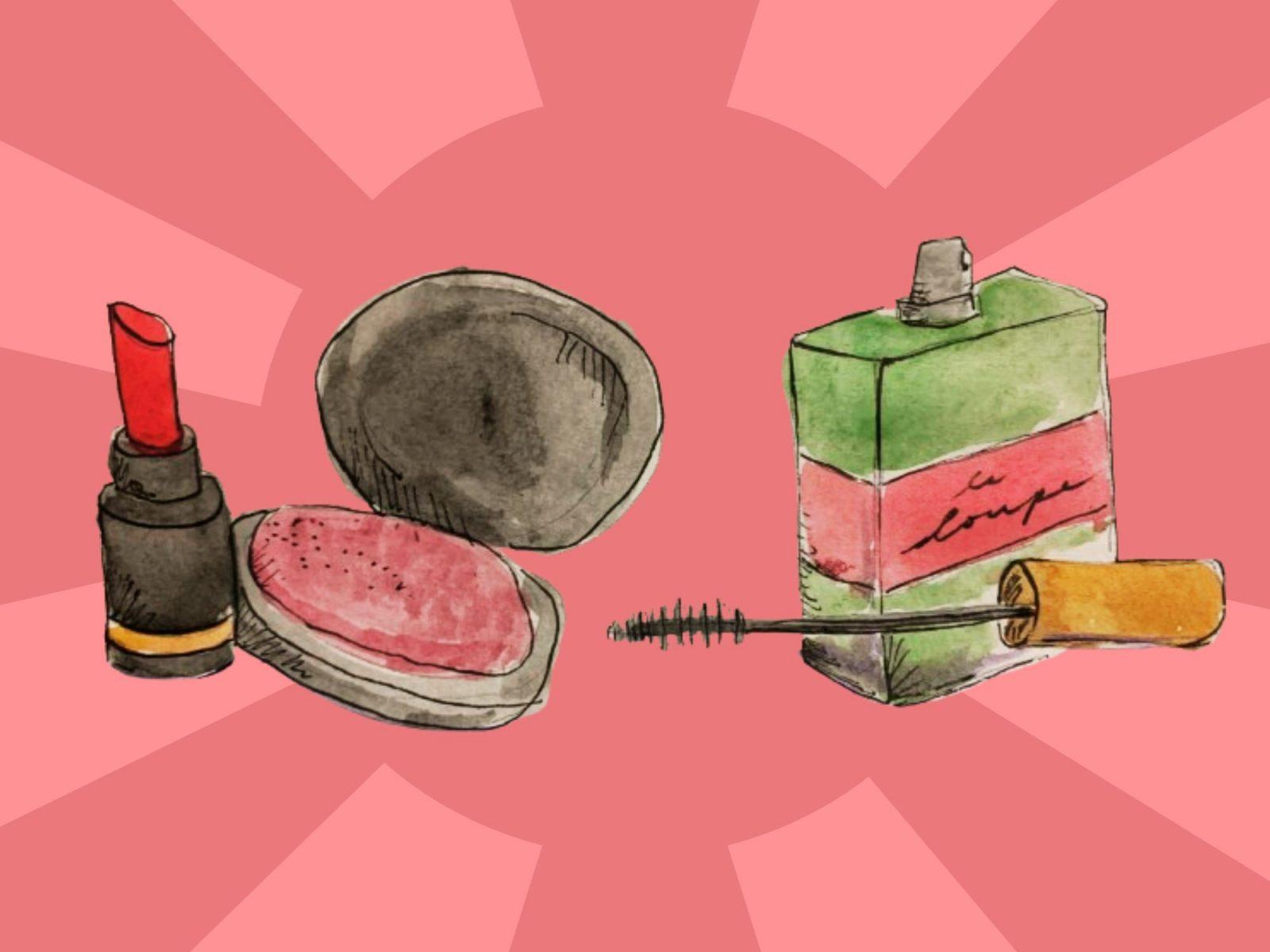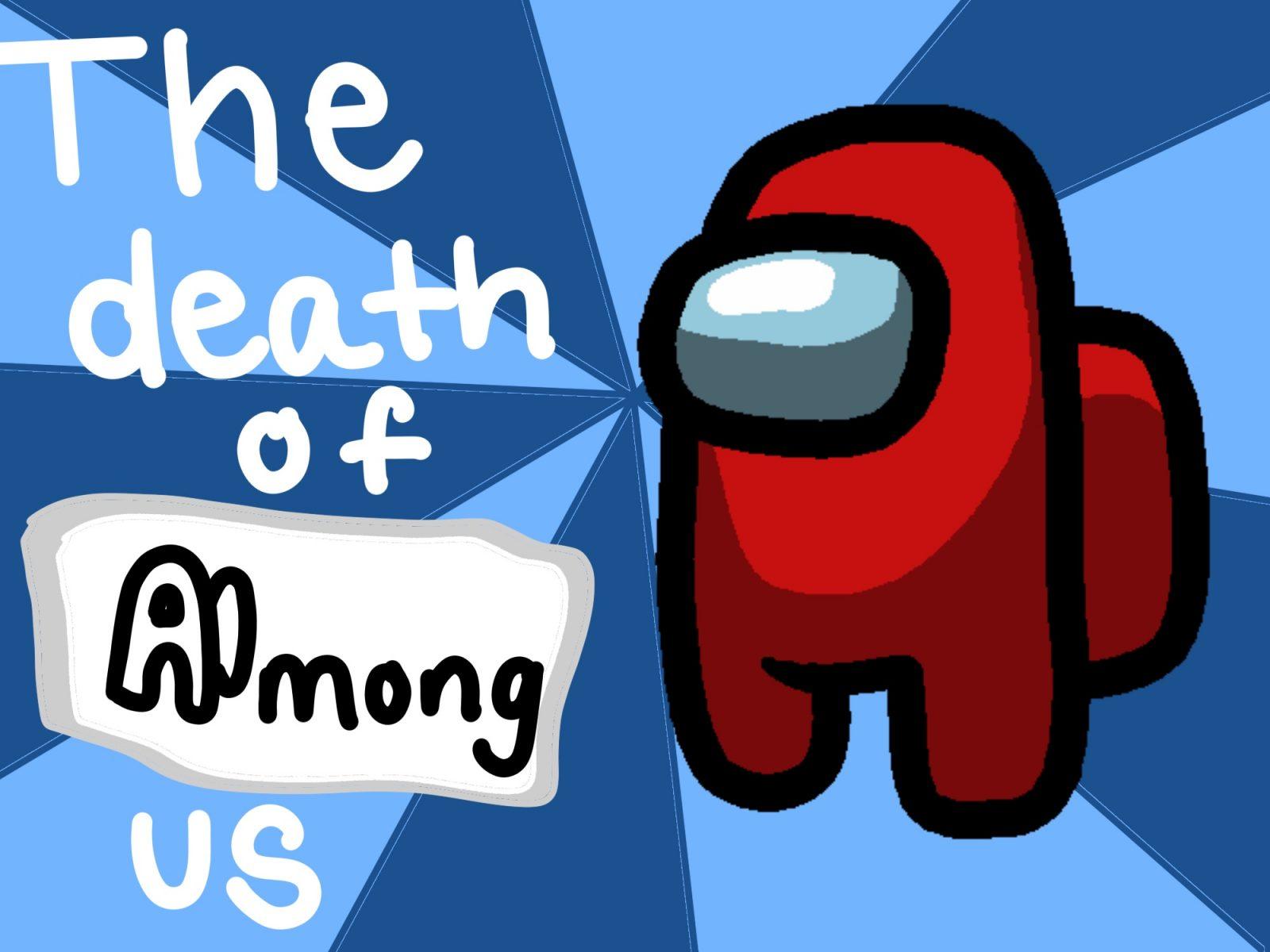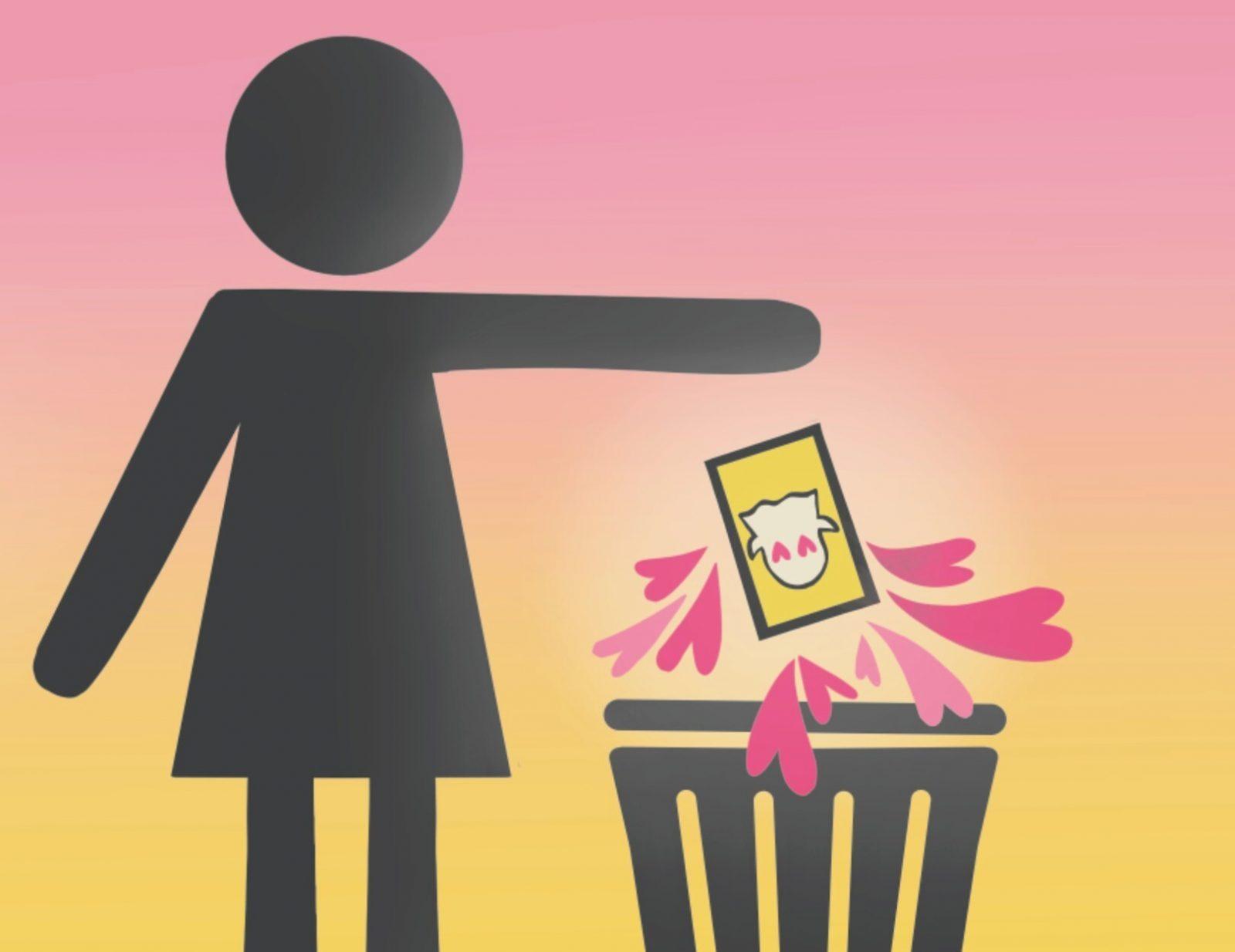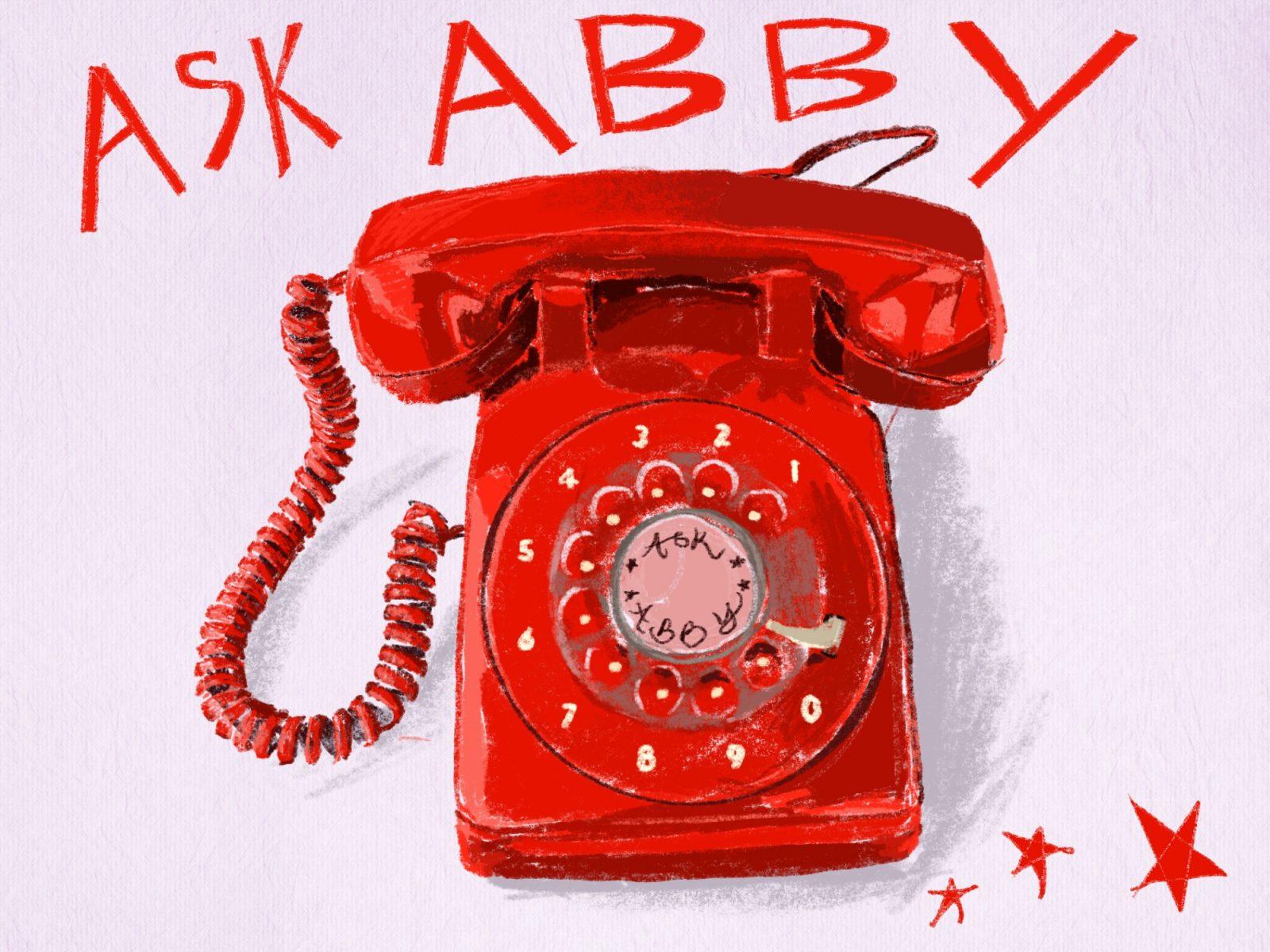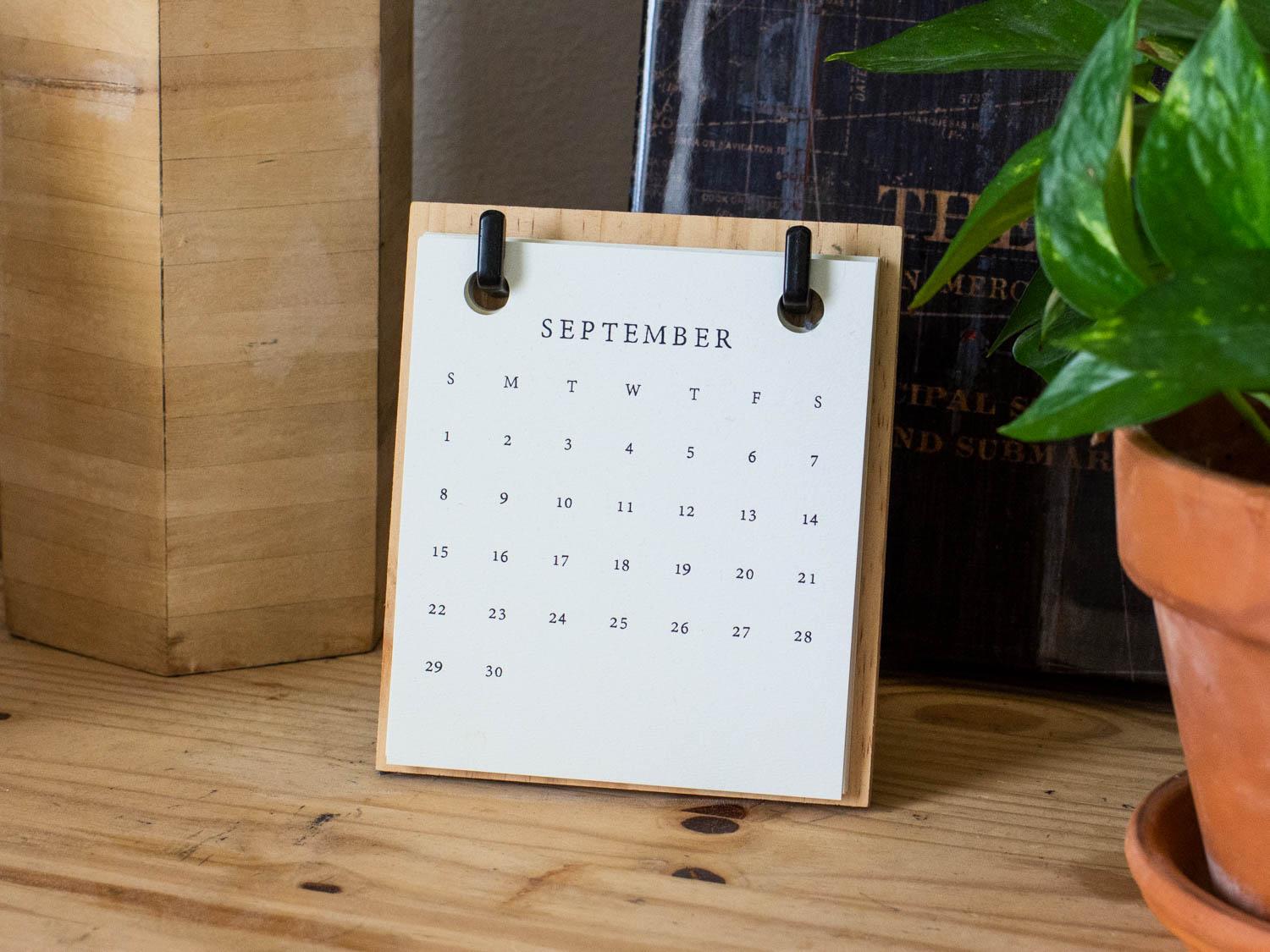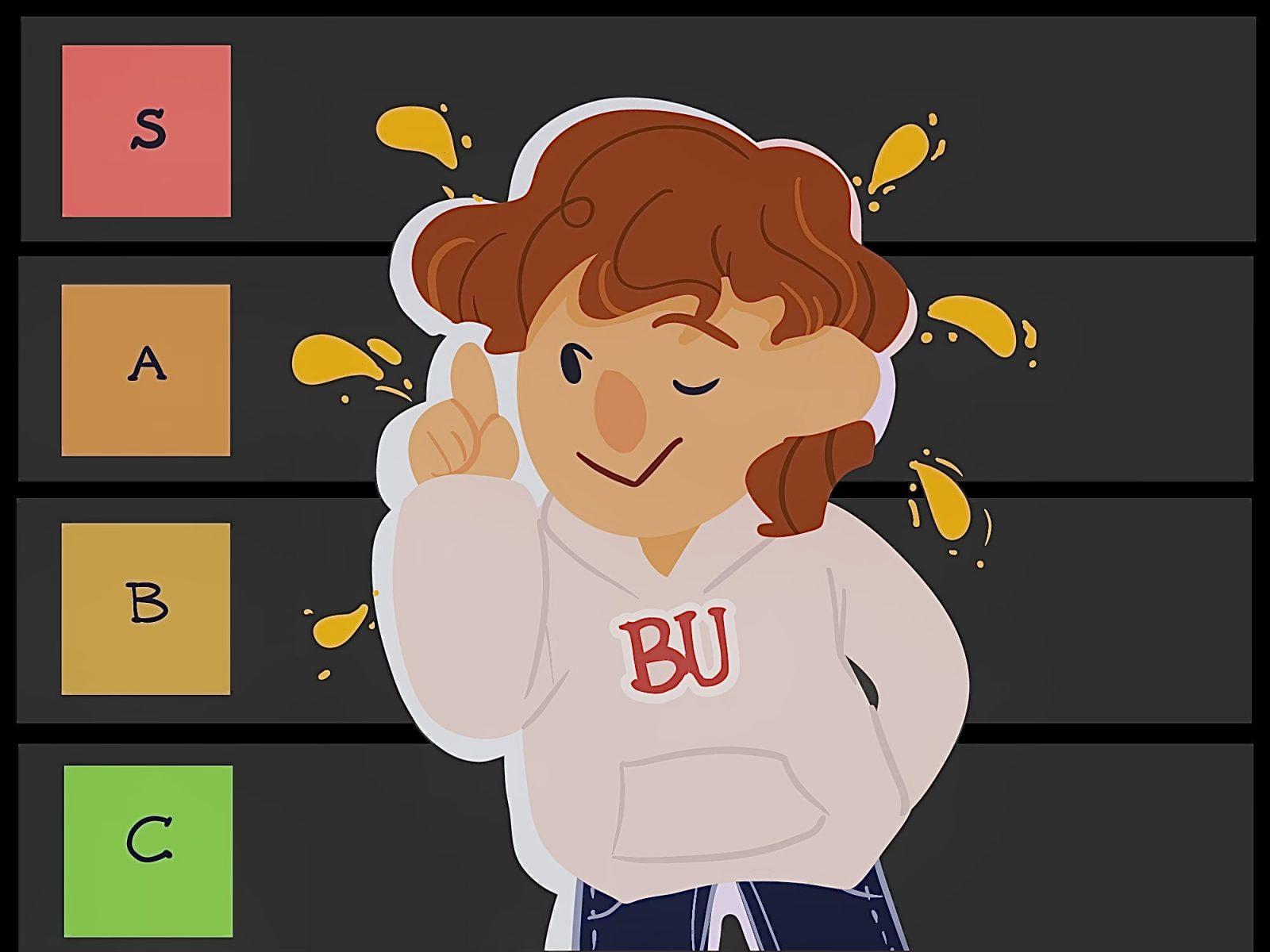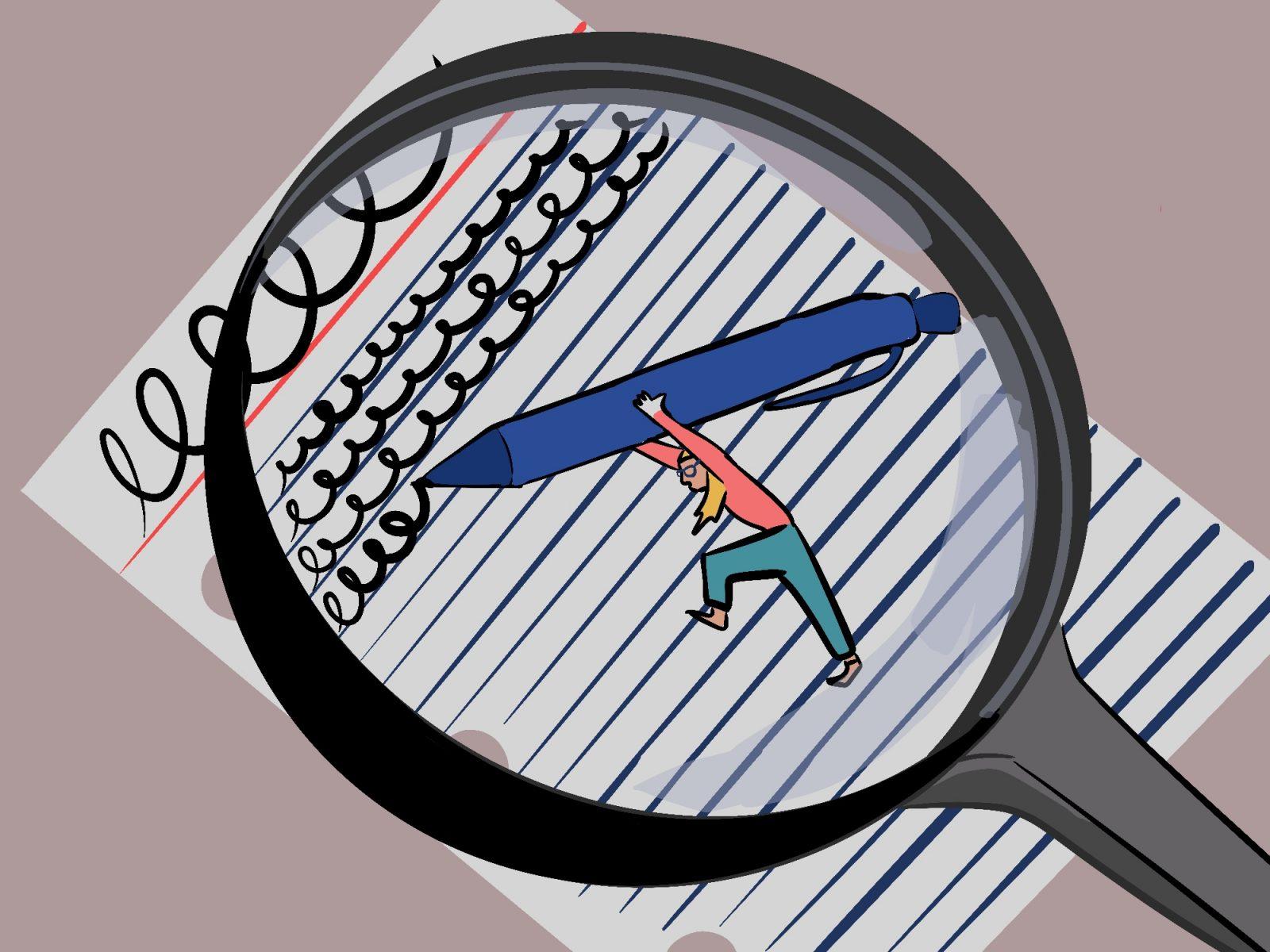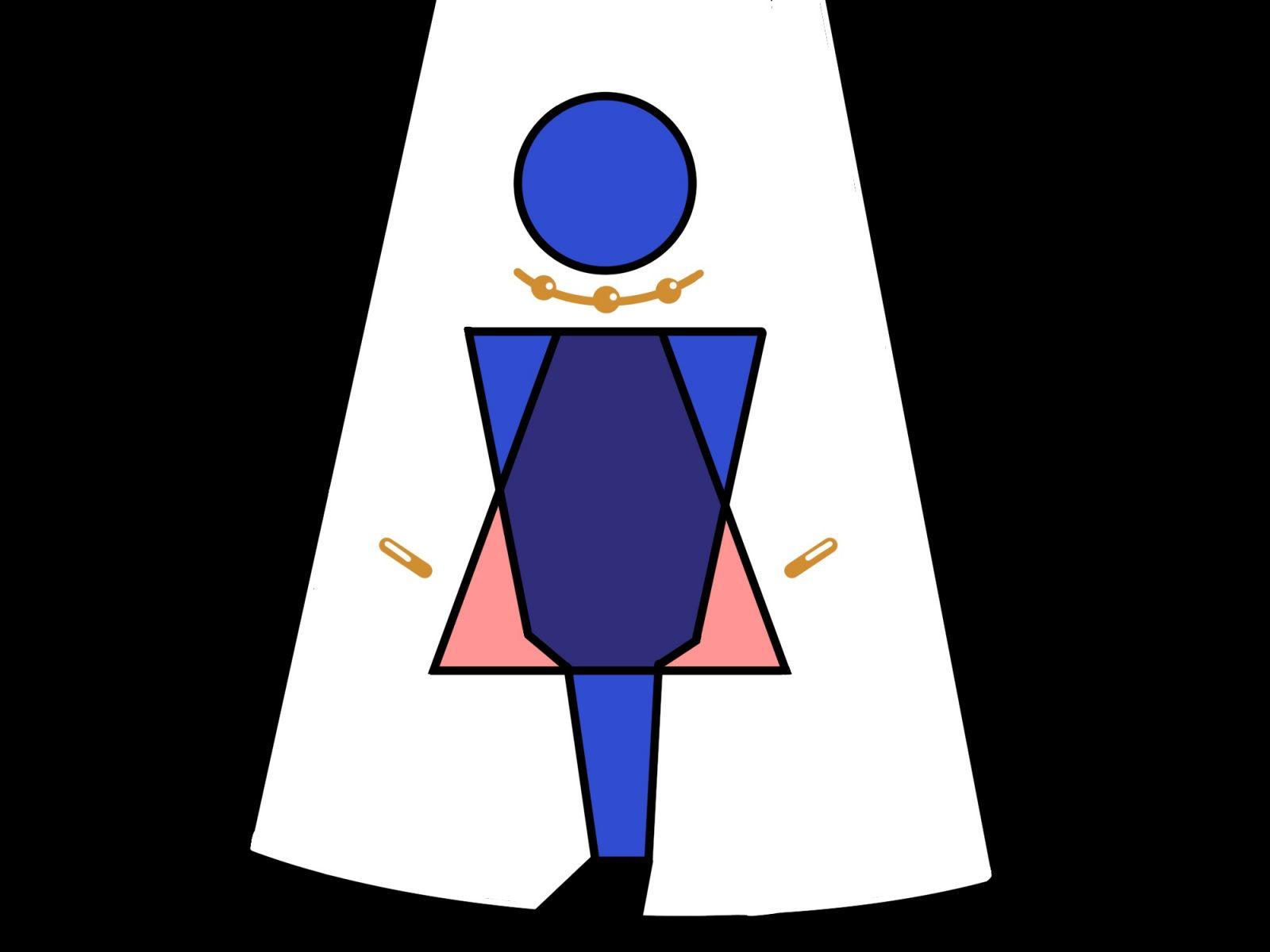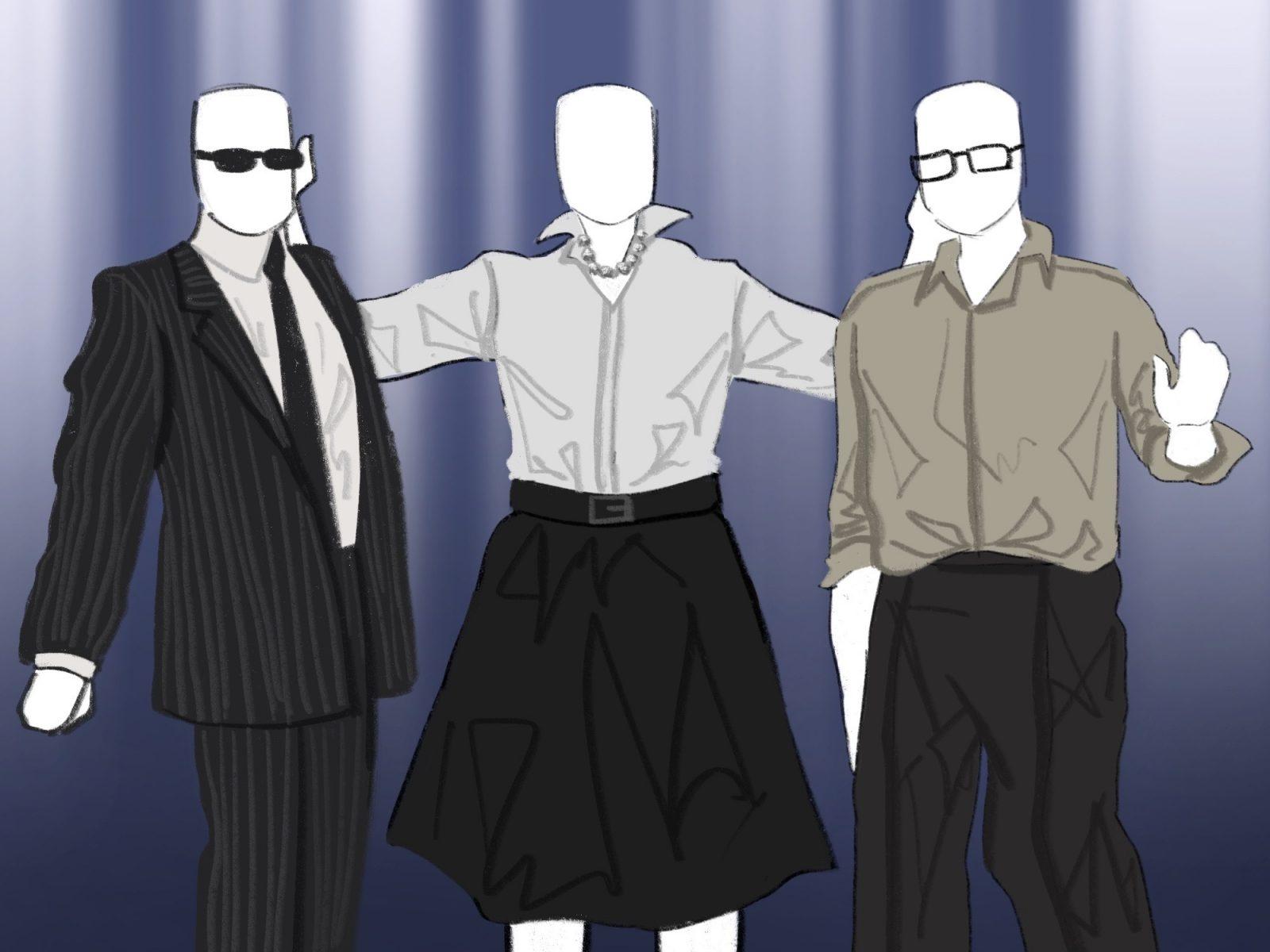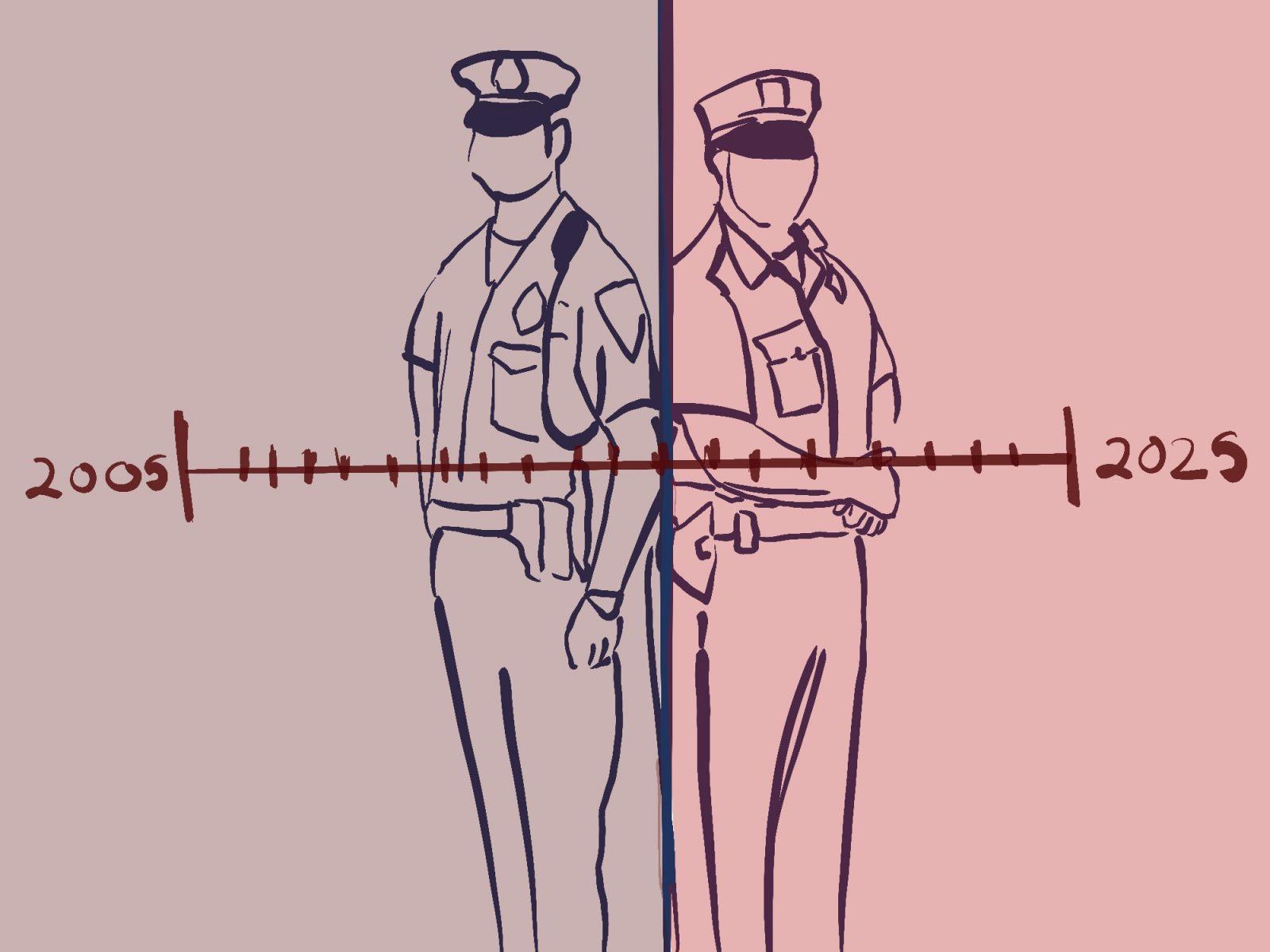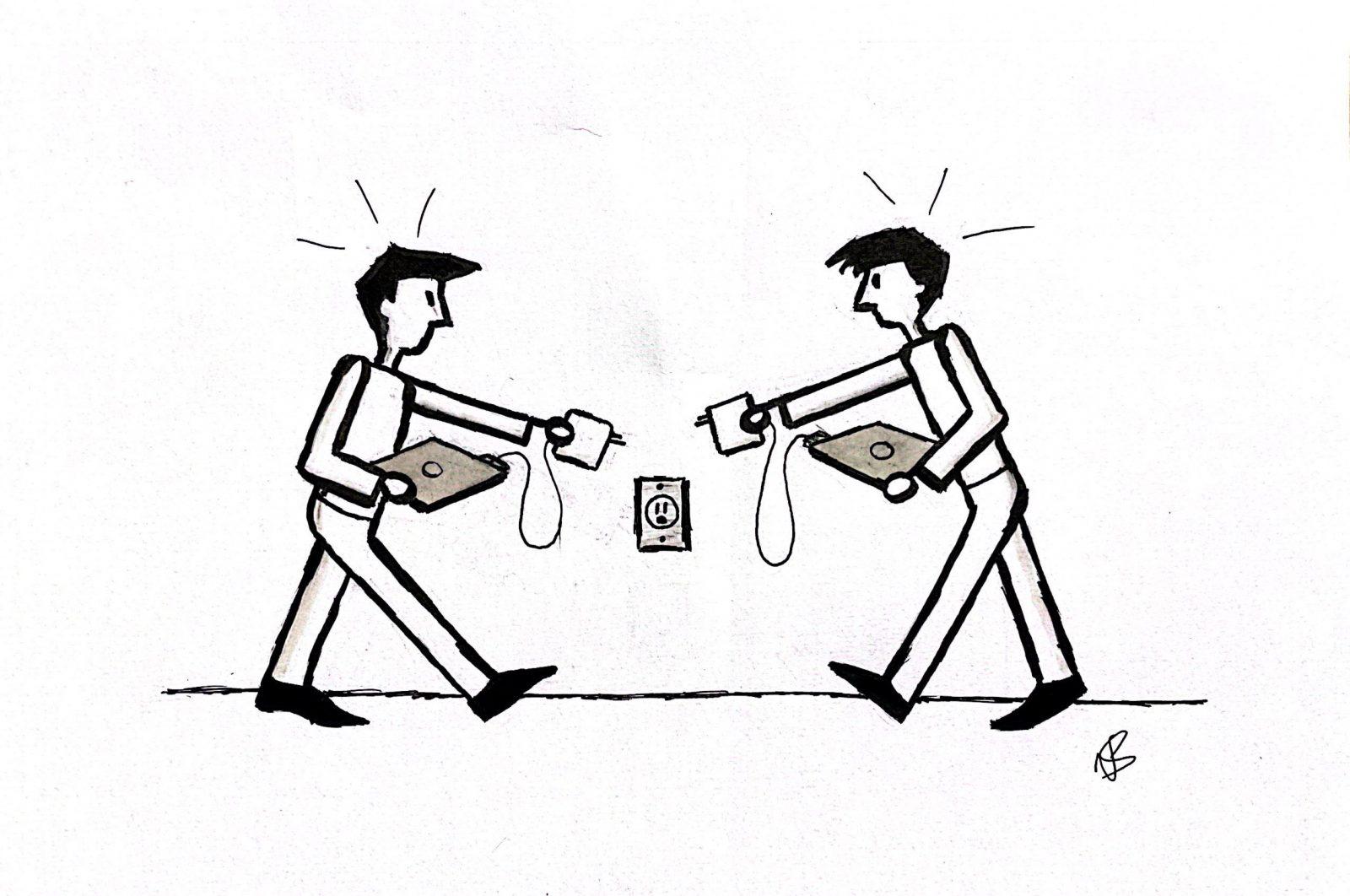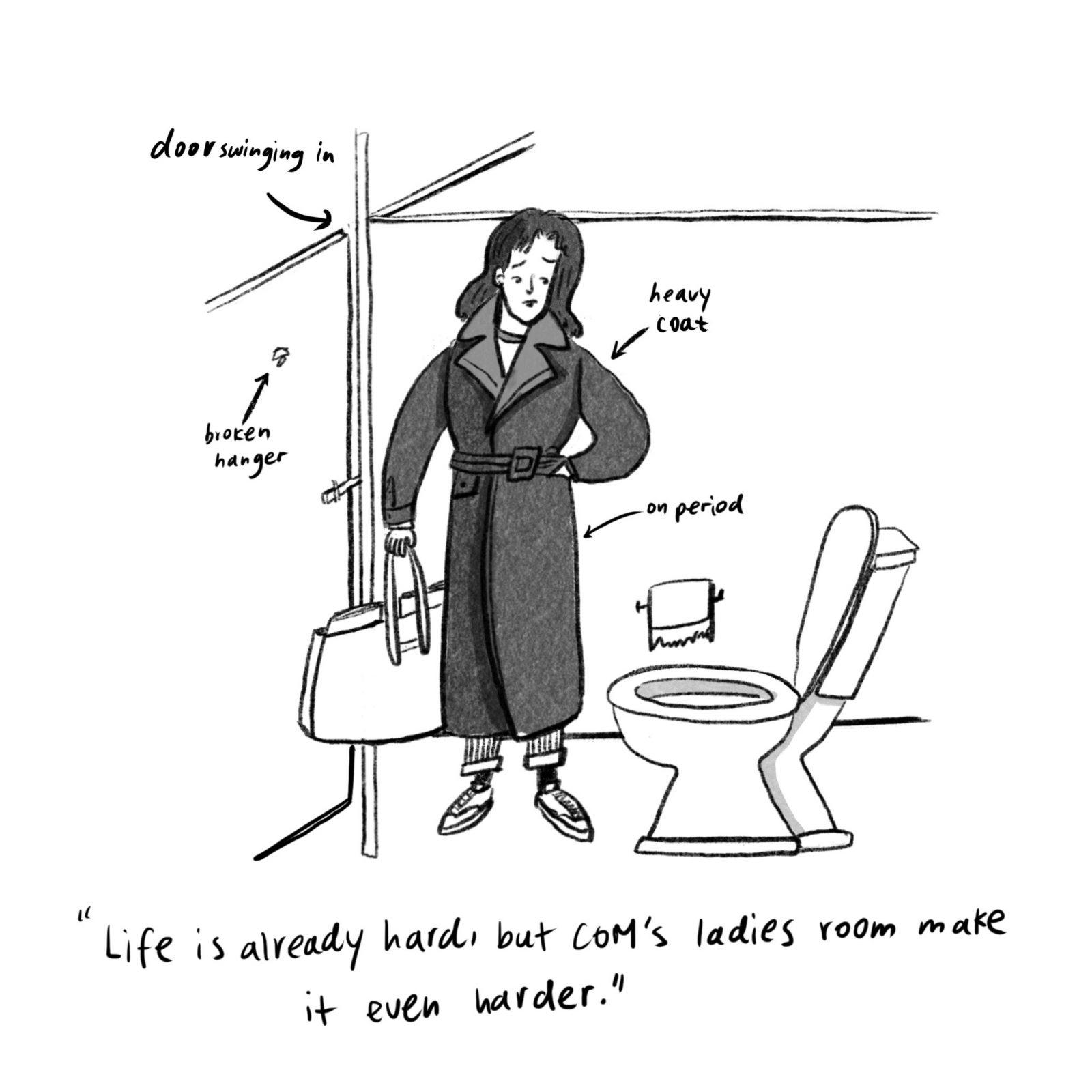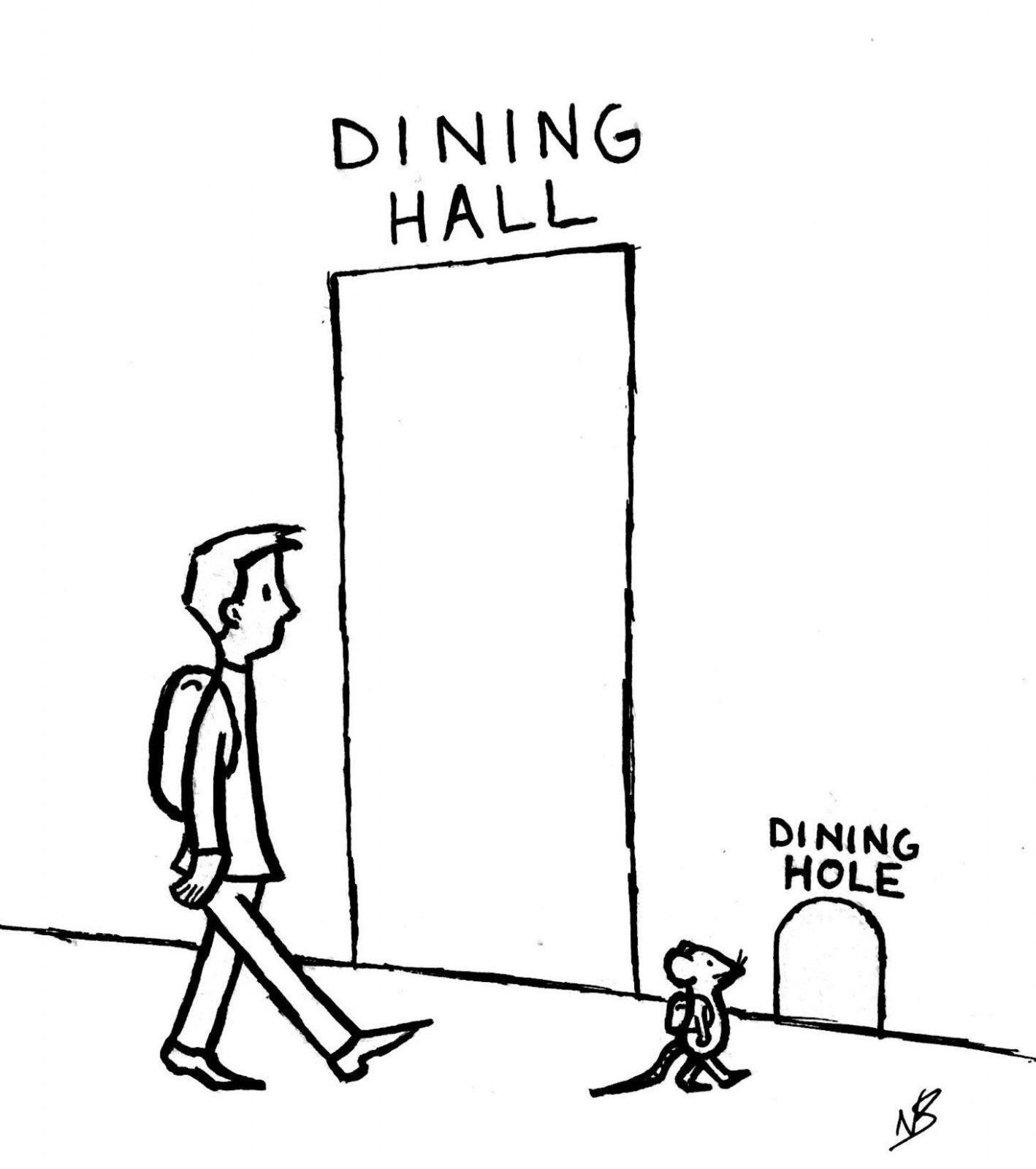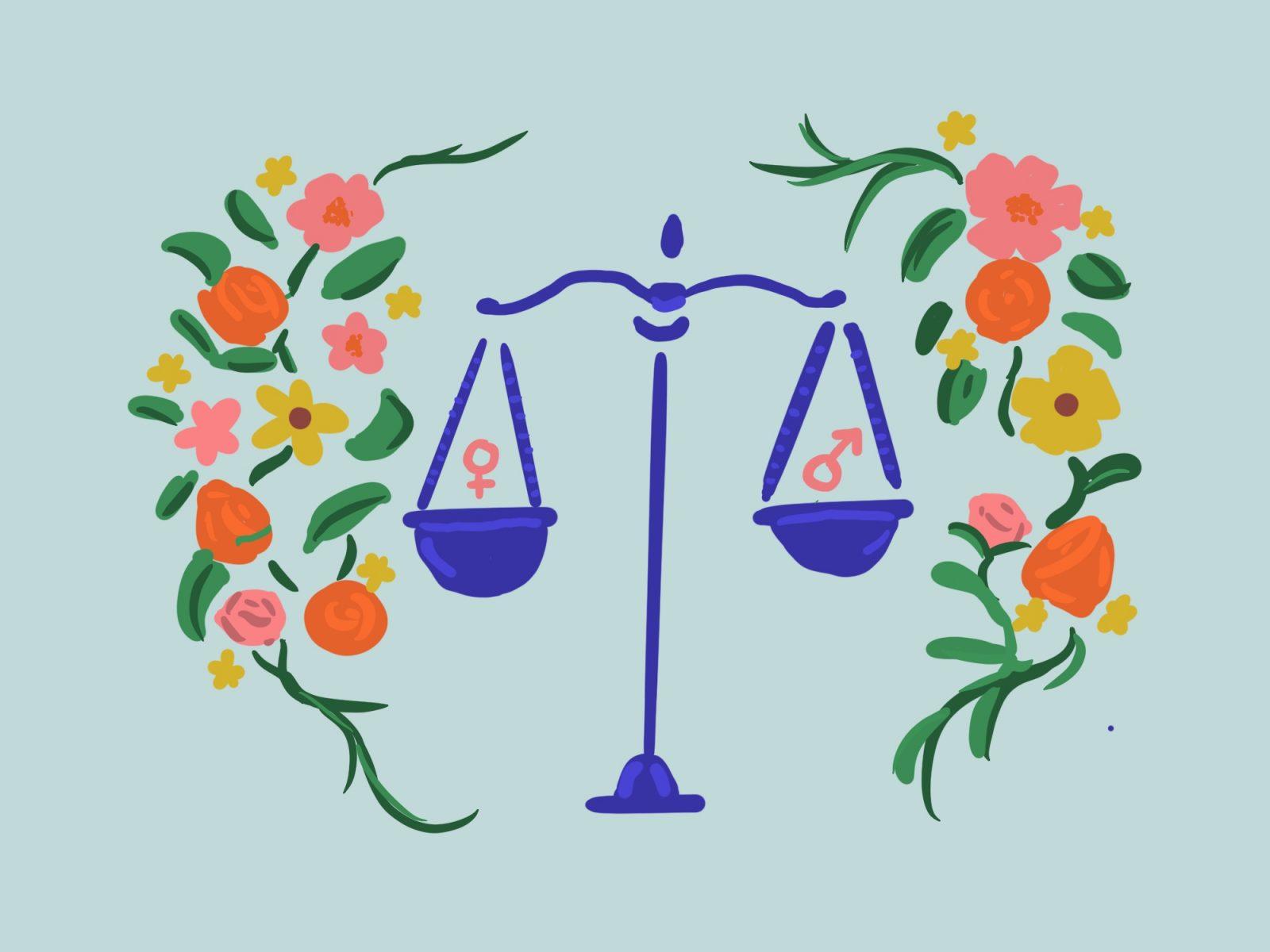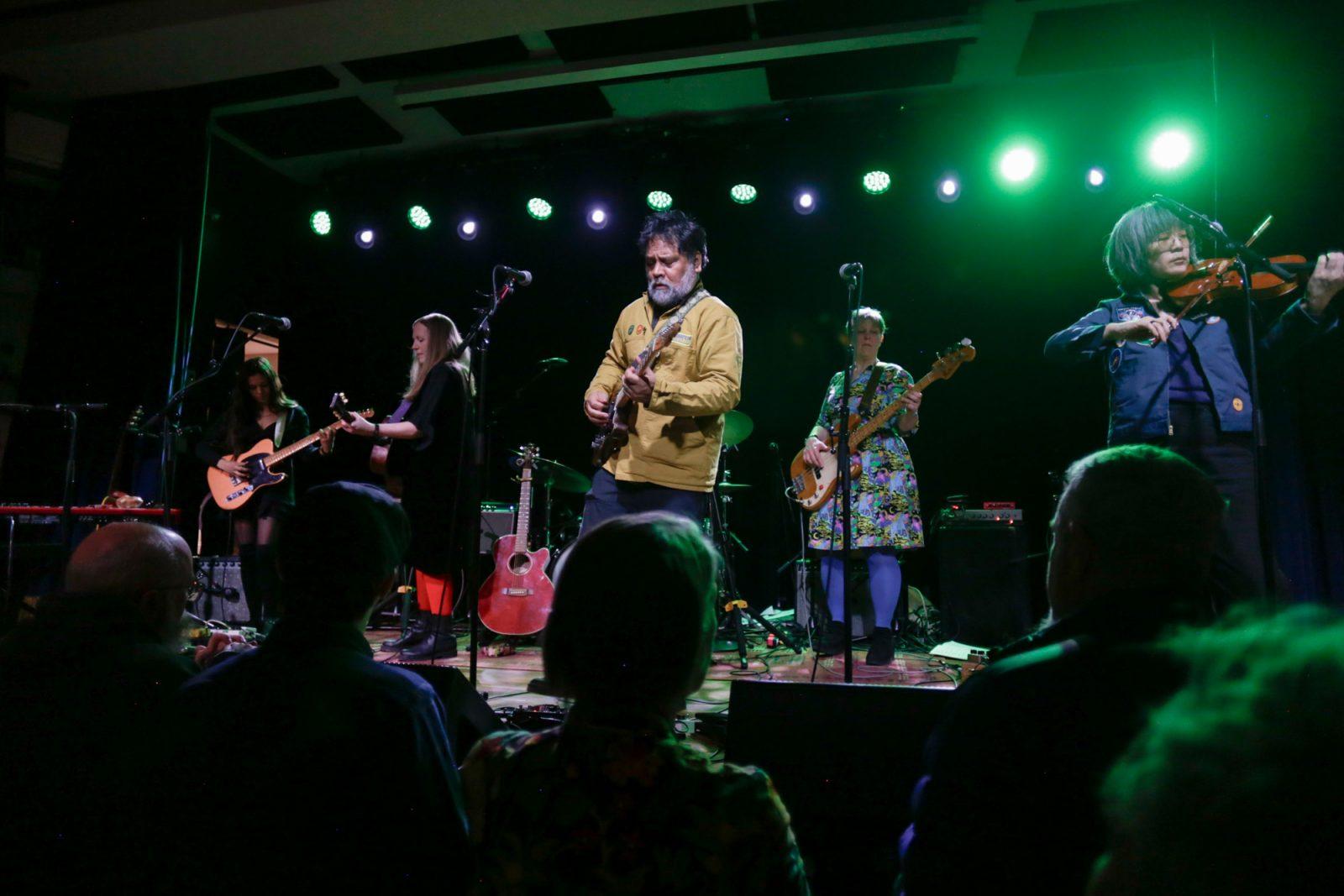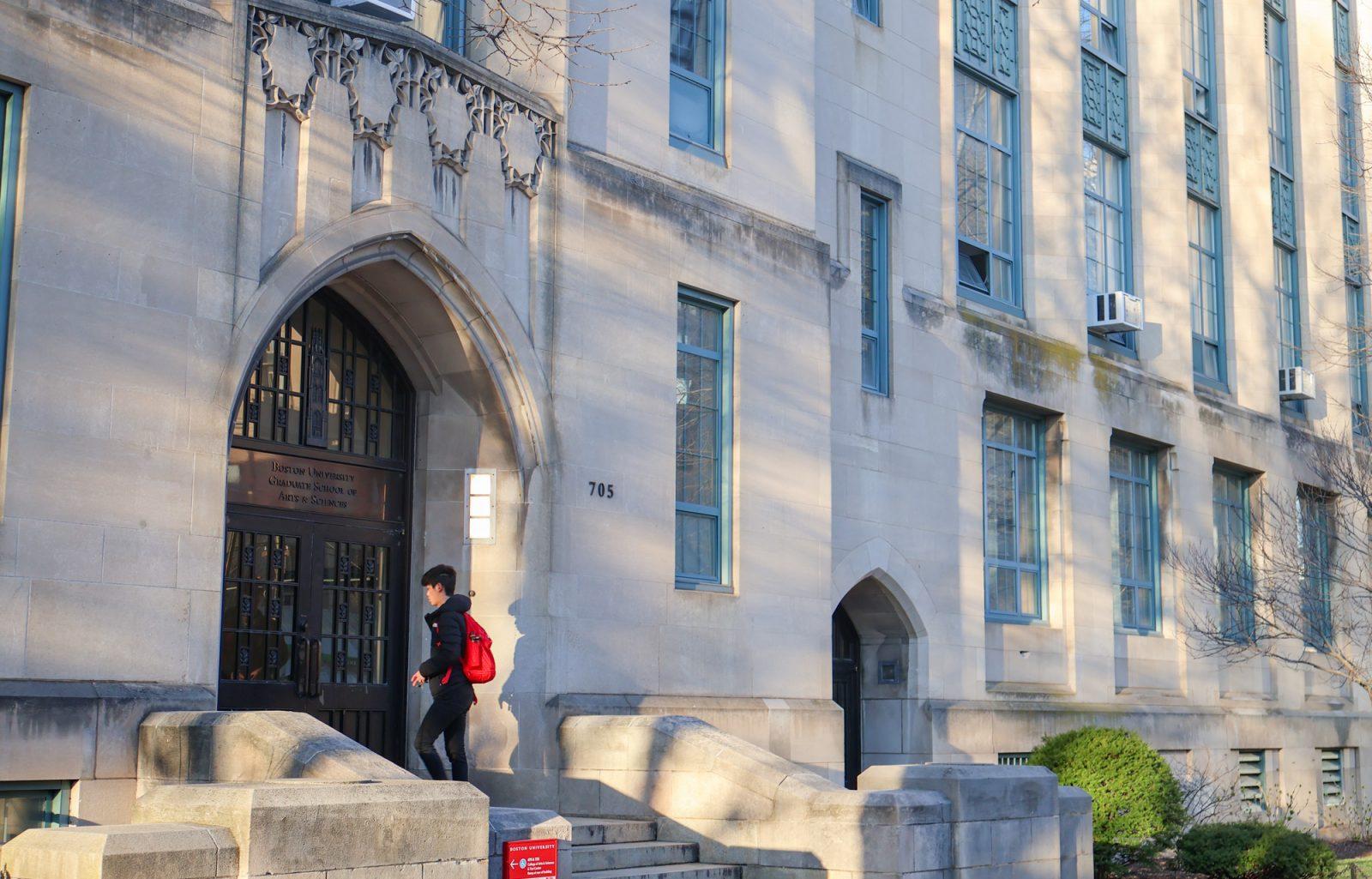With an eye on the existing gender wage gap in Boston, Boston Mayor Thomas Menino released a report Thursday to propose possible solutions for employers to reduce the gap between male and female workers’ wages.
The report is intended to provide institutions of higher learning and employers with 33 concrete steps to reduce bias toward women, as well as reward talent to close critical gaps in human capital. Menino suggested providing structural support to move women up, actively recruiting women to executive level and board positions and creating compensation committees to achieve equitable gender representation, according to the report.
“If a woman is getting 88 cents, and the man next to her is getting a dollar, you’re missing 22 cents out of every hour of work,” said Marie Turley, executive director of the City of Boston’s Women’s Commission, “The goal of the workforce council is to close the wage gap and remove the visible and invisible barriers for women to advance. If we’re able to do that, then Boston will have a more equitable workforce, and that’s where talent can be cultivated and valued.”
Menino said while the report cannot serve as a roadmap for every Boston employer, it is meant to inspire fresh thinking and be a catalyst for positive change.
“Our city is home to the best educated female population in the country,” Menino said in a Thursday release. “Women are the driving force behind our economy and thriving neighborhoods, but continue to be underpaid in comparison to working men in Boston. That just doesn’t add up, for the success of our city or the success of our City’s women.”
The Women’s Workforce Council of Boston garnered signatures from 38 different Boston-area companies to sign a Boston Women’s Compact, an agreement that describes a set of goals and beliefs employers will uphold to address Boston’s wage gap, according to the release.
Ruth Bramson, council member and chief executive officer of Girl Scouts of Eastern Massachusetts, said she signed the Boston Women’s Compact because the equity of women and girls directly relates to the mission of her organization.
“Our goal is to make sure that women and girls can take their rightful leadership place in companies,” she said. “Part of that is paying them at the same wage as males for equal work.”
Bramson said it is important that women know they can go into a job position and ask an employer for a salary similar to her peers.
“Girl Scouts is growing the leaders of tomorrow,” she said. “We have 40,000 girls from eastern Massachusetts, and our goal is to help them gain the confidence and self-esteem to pursue whatever career they want and to request a fair wage.”
Zorica Pantic, WWC council member and president of Wentworth Institute of Technology, said Boston has a great reputation of holding a greater percentage of educated women compared to the rest of the nation.
“The Boston region has the best educated woman population in the country and a higher proportion of college educated women between the ages of 25 and 64, which is nearly 60 percent of those who have bachelor degrees,” she said. “20 percent of women here have graduate degrees, whereas it’s only 10 percent nationwide.”
Bramson said job seekers, no matter what gender, must be given an equal opportunity to have the best jobs and equal pay.
“When a position is created, it should be available to every person who is qualified for that role and the salary should be the same regardless of who eventually gets the position,” she said. “It’s up to our employers, as well as government and private and public employers, to make sure it happens. If it’s not happening in a given company, it’s up to the women to let their voices be heard.”
Some residents said they support the efforts to combat the gender wage gap.
Bill Klein, 60, of Back Bay, said that over time, the wage gap should disappear.
“It’s not so much about civil pay and civil jobs,” he said. “Women just don’t get the best jobs, yet they tend to be better educated, and eventually, employers will go for those who are better trained.”
Janice Jackson, 33, of Boston, said eliminating the wage gap in the future is possible.
“It can happen, but only if people acknowledge that the problem exists and that it needs to be fixed,” she said. “Women tend to take the jobs that are lower paid than men.”
Kathleen Elliot, 47, of Back Bay, said she recognizes the discrepancies in wages and does not think wage changes for women will happen soon.
“It can happen, but things like this take time,” she said. “It took a while to elect an African-American president. Wage equality can occur, but it’ll just take time.”

